
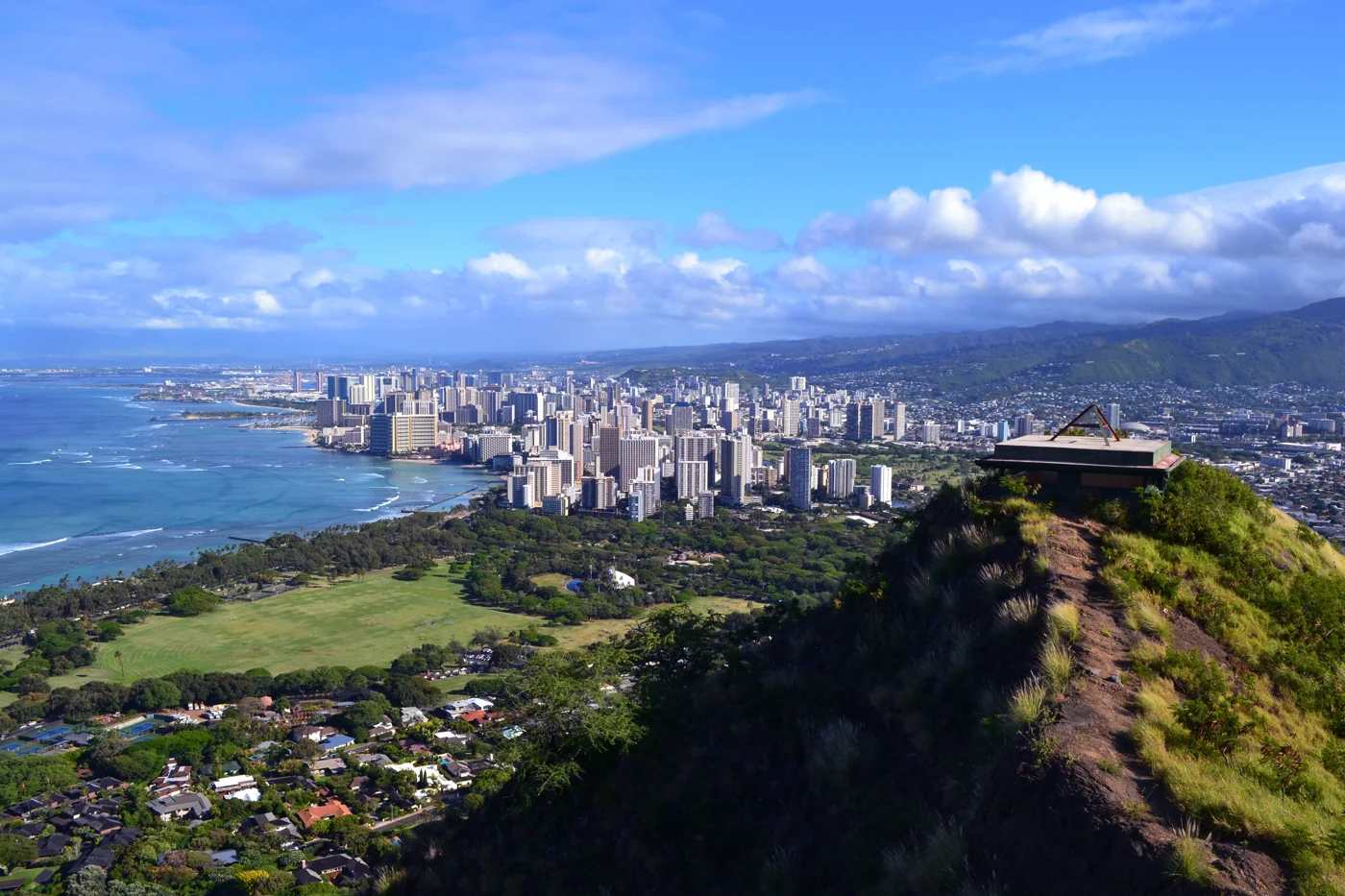




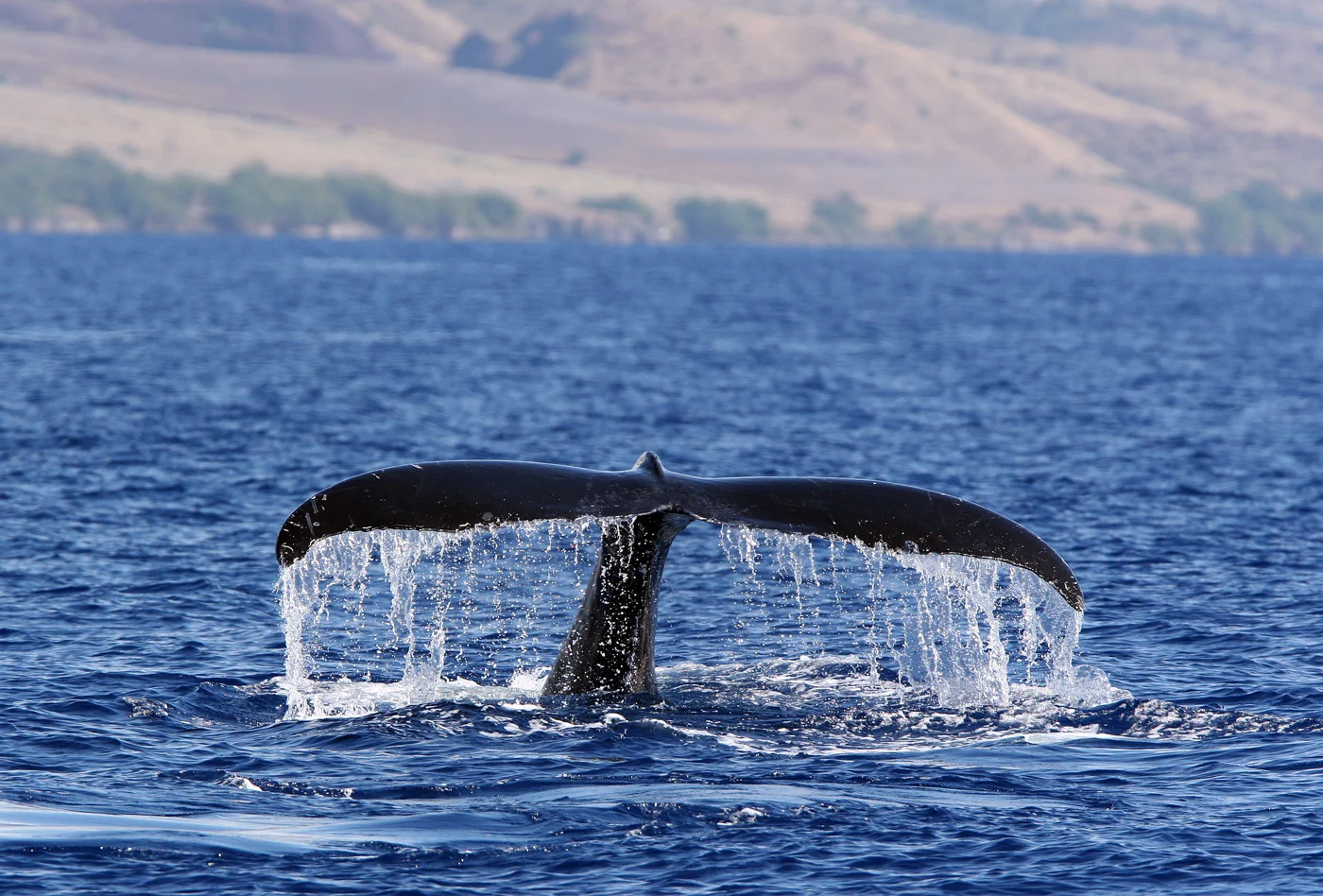
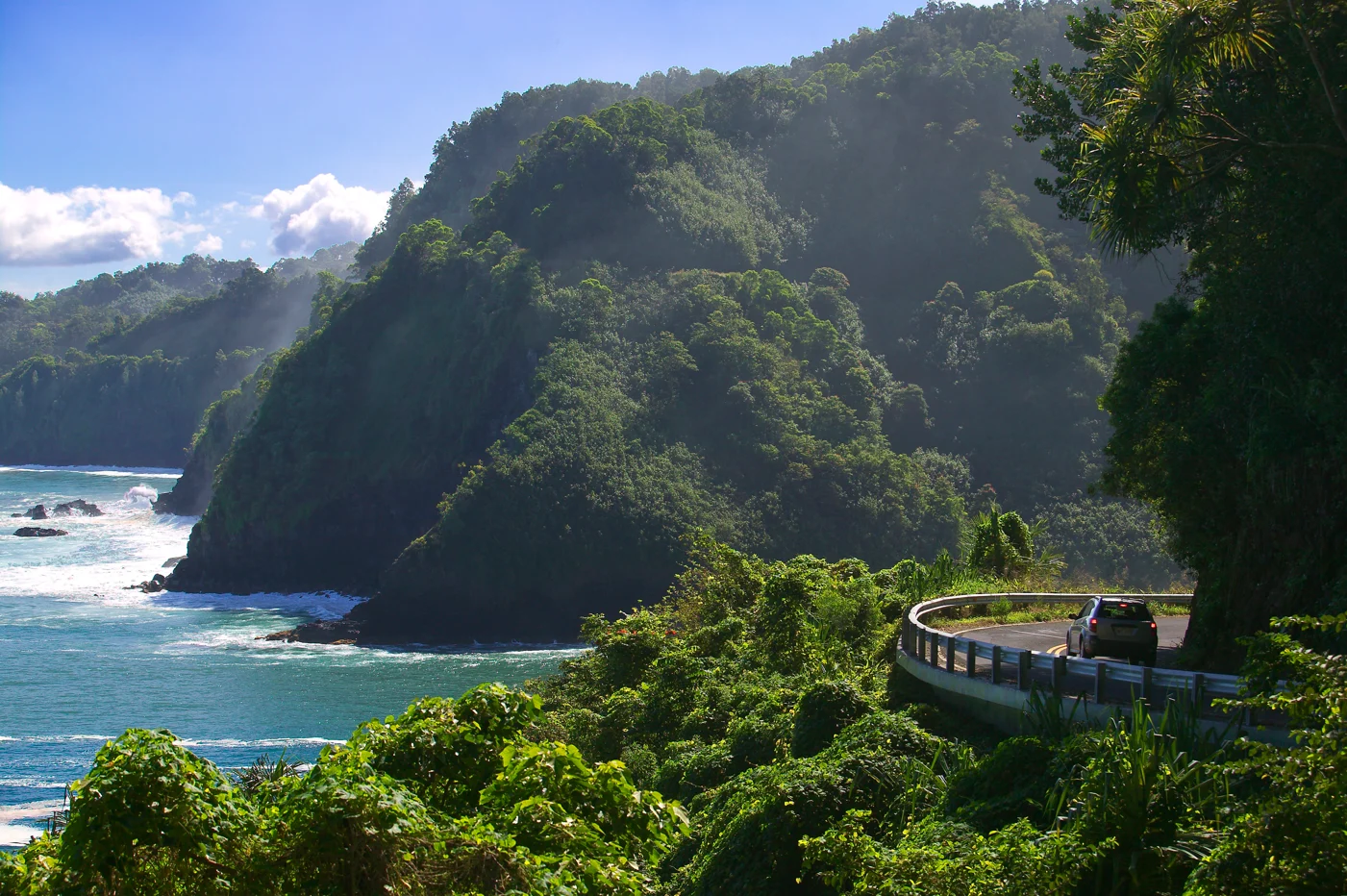
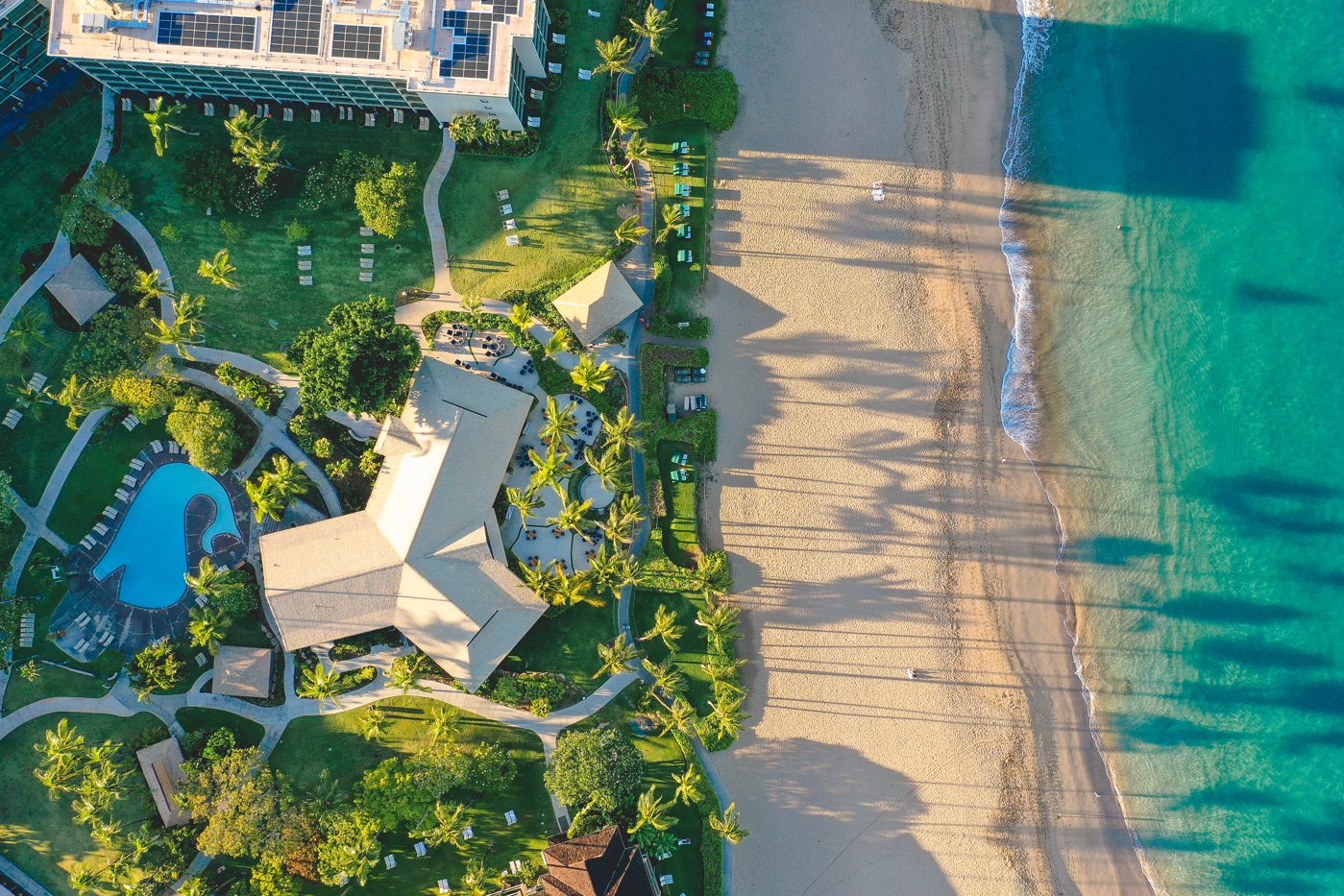
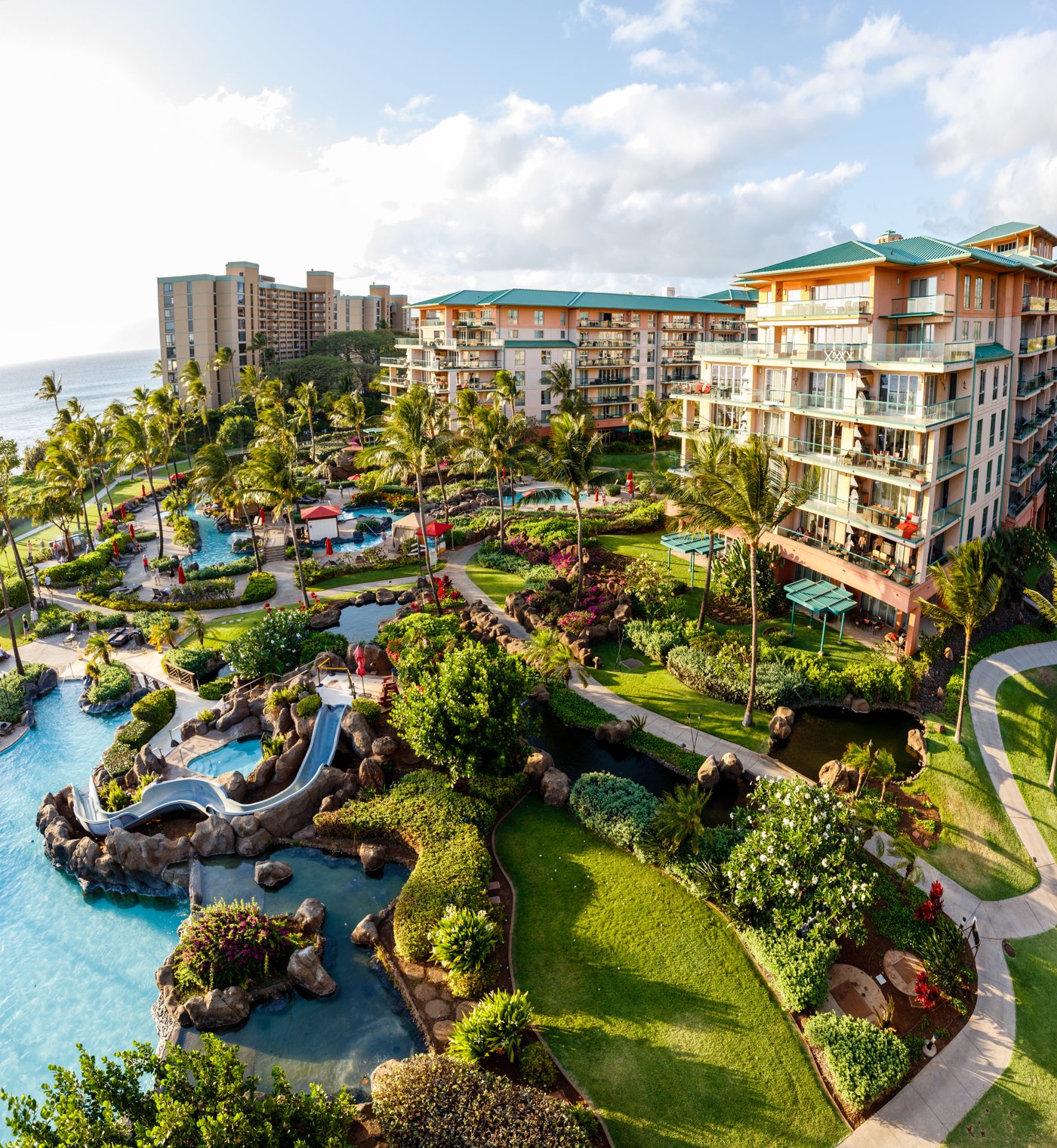
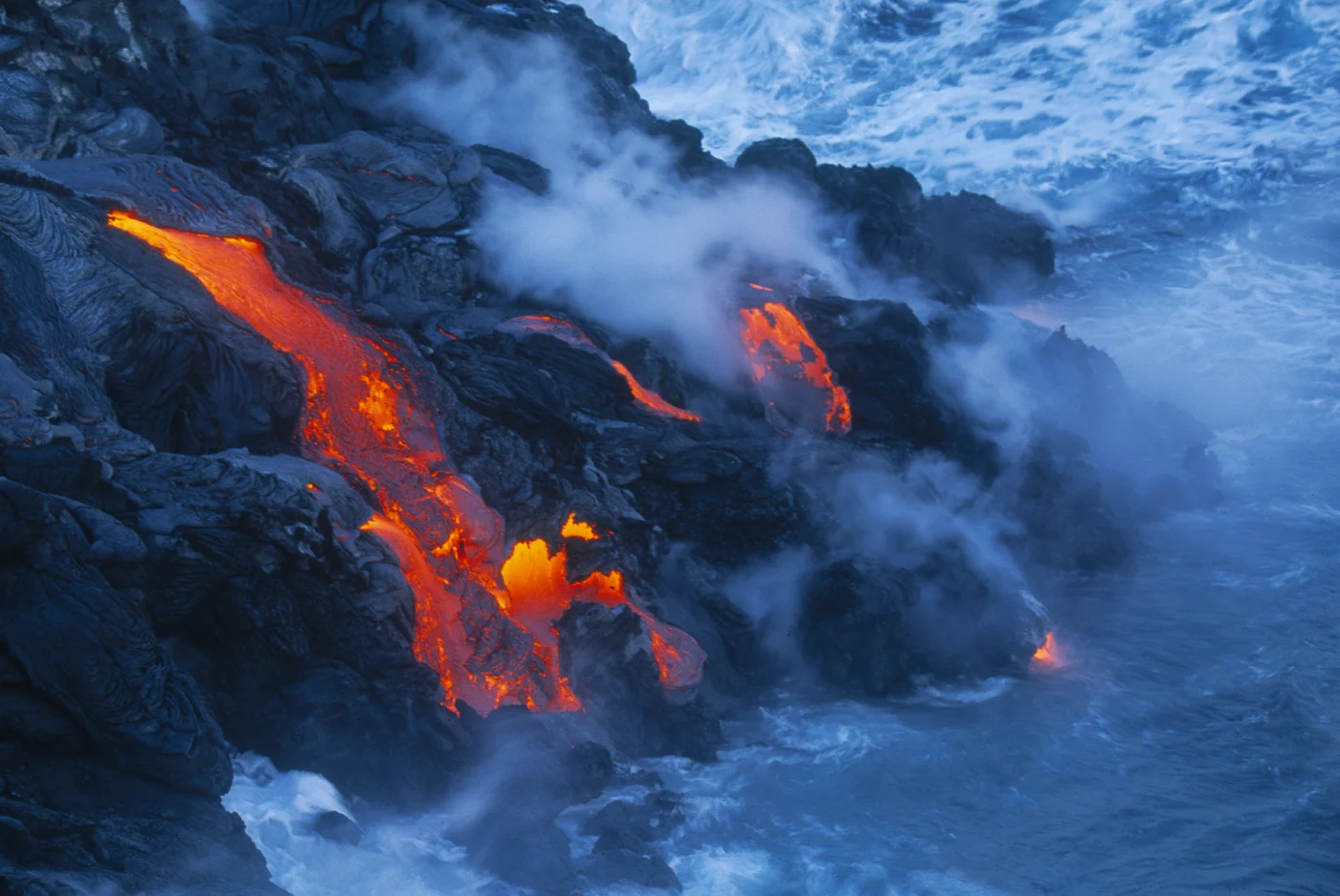
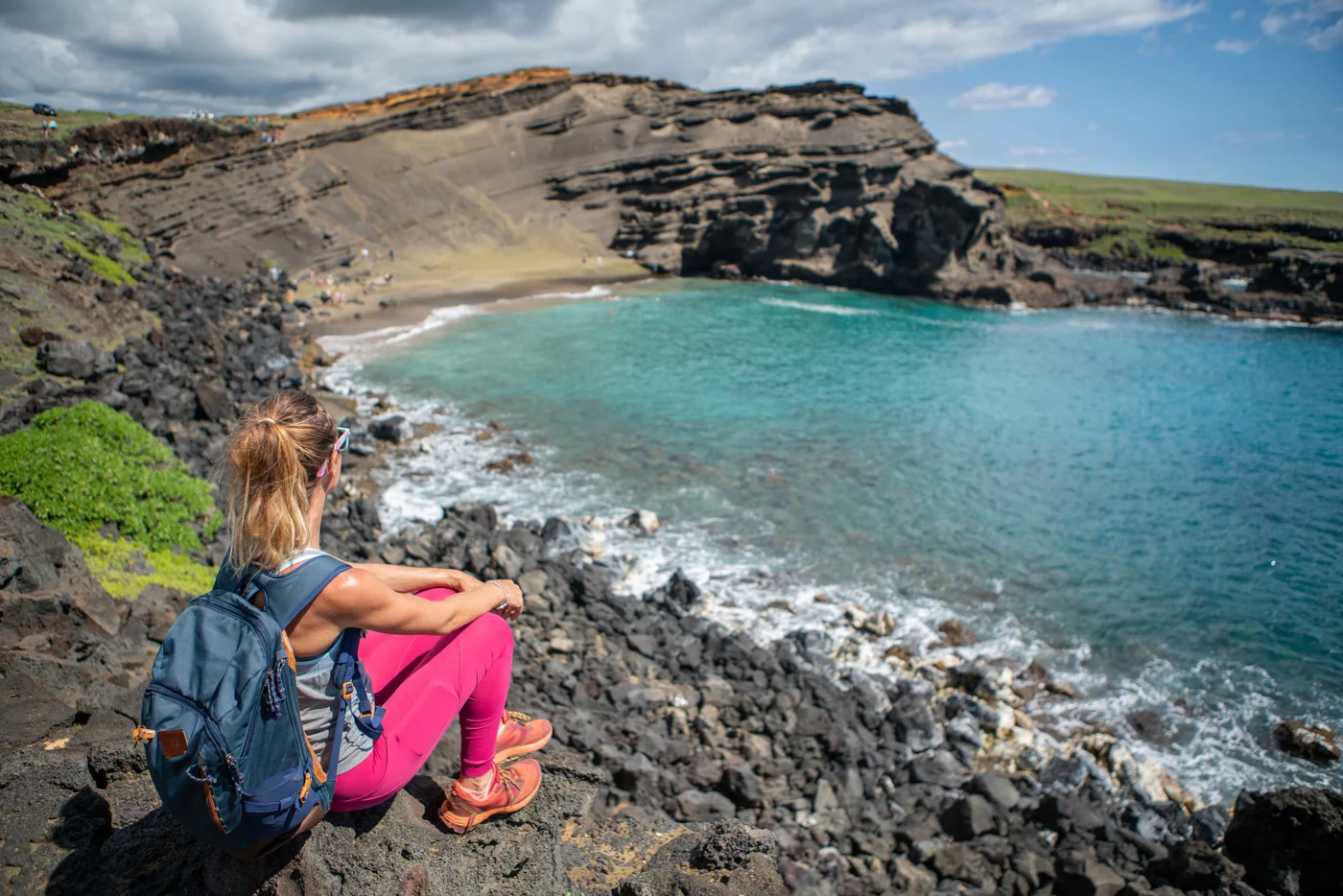
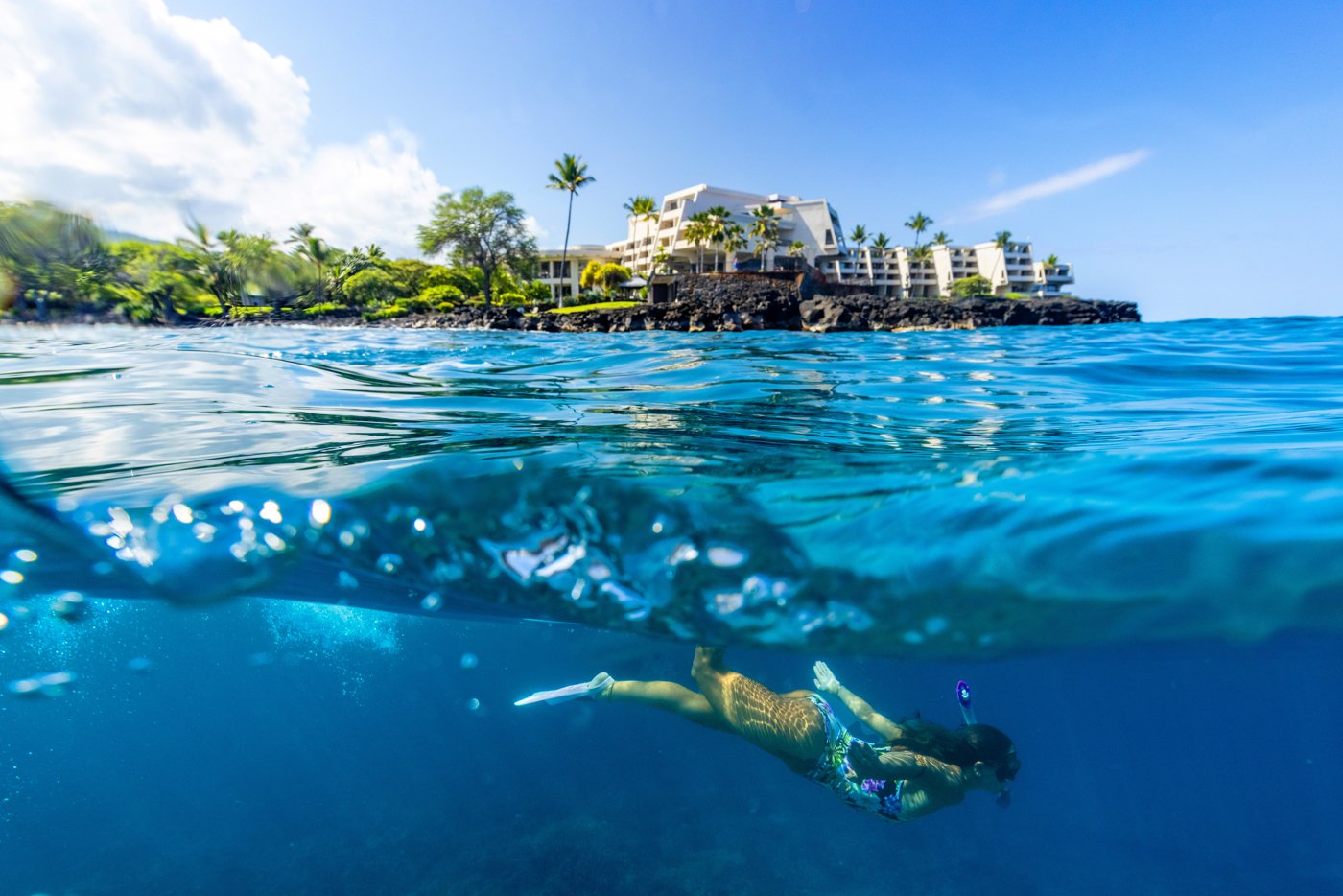
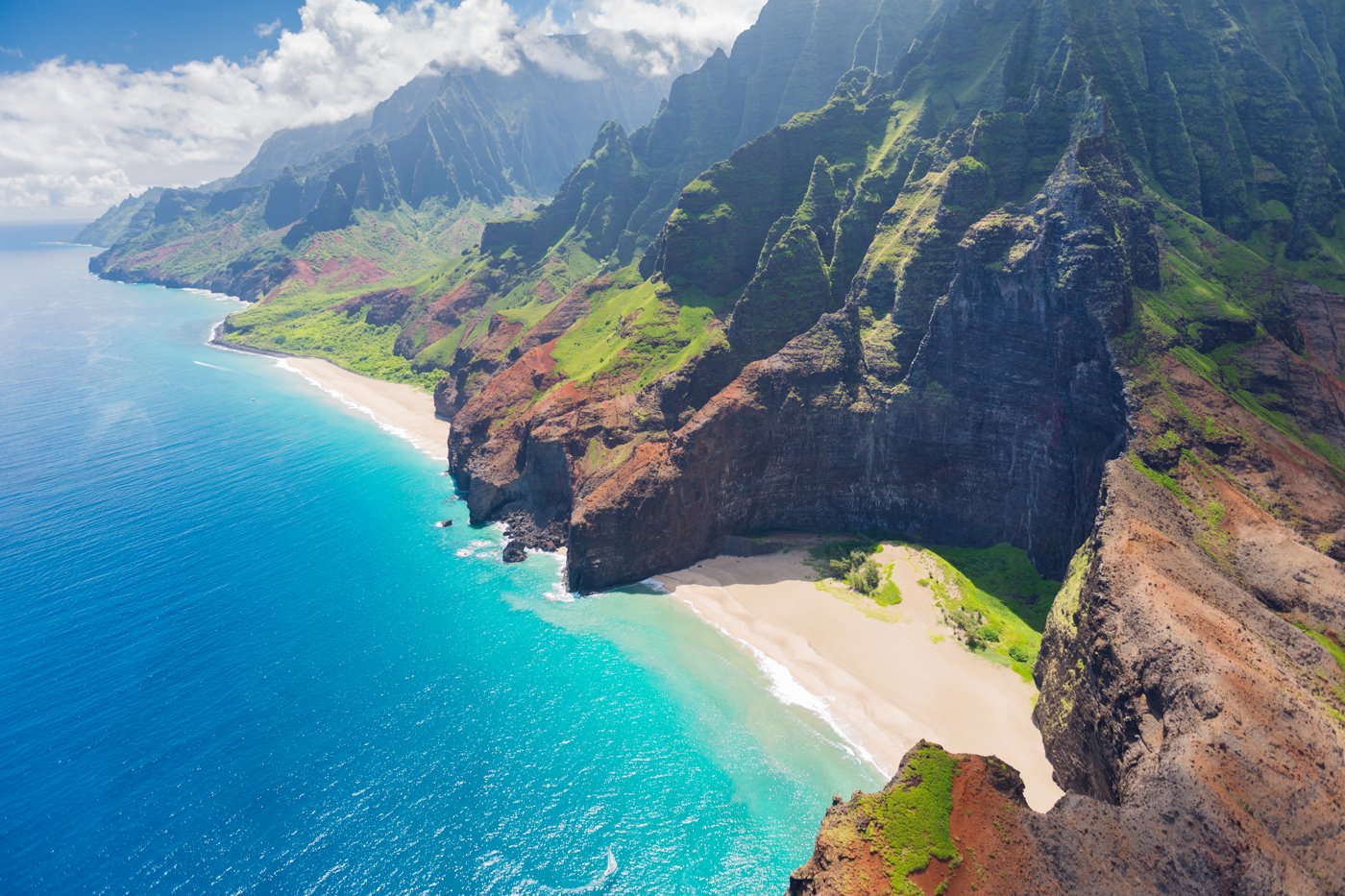
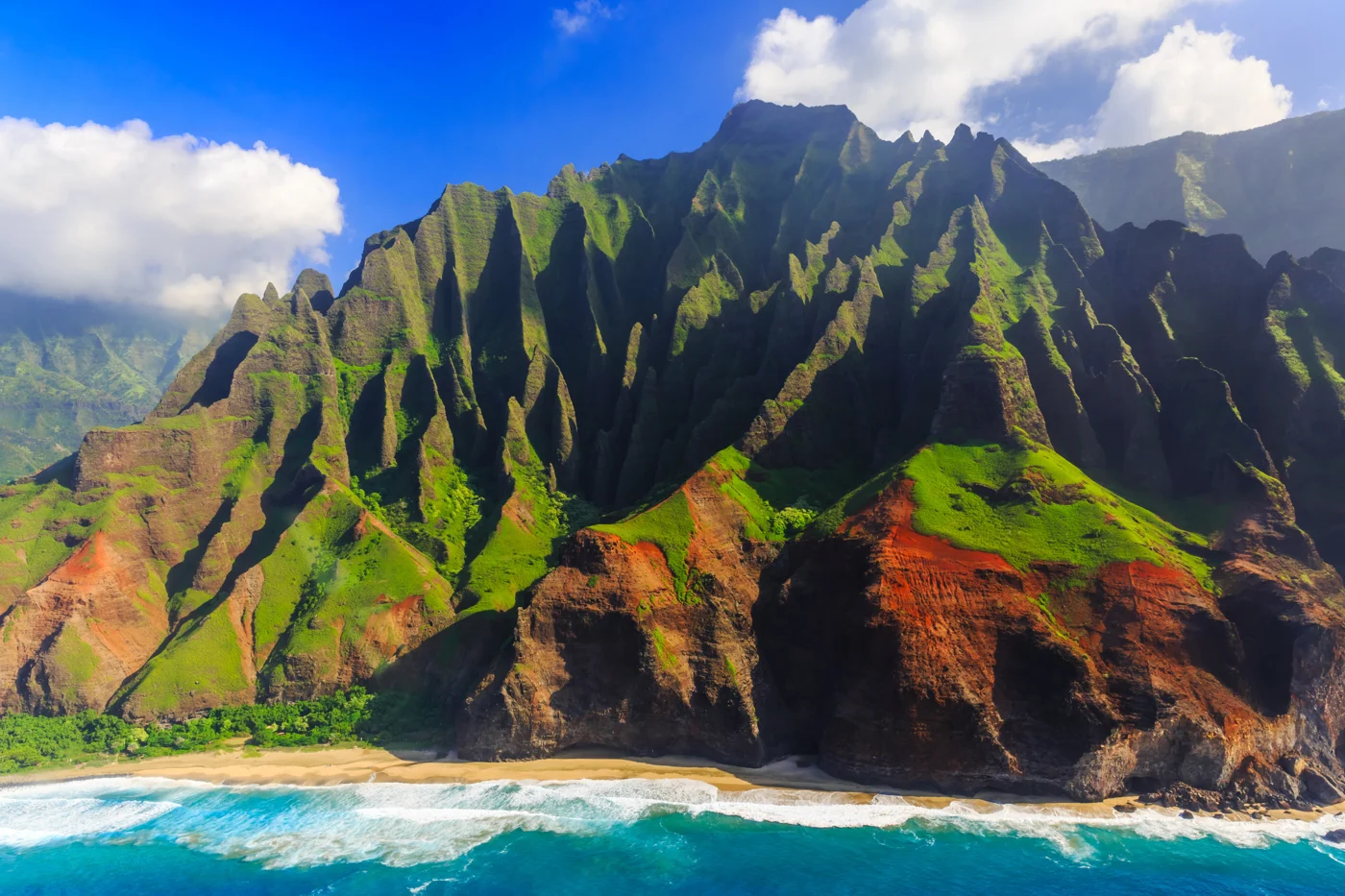


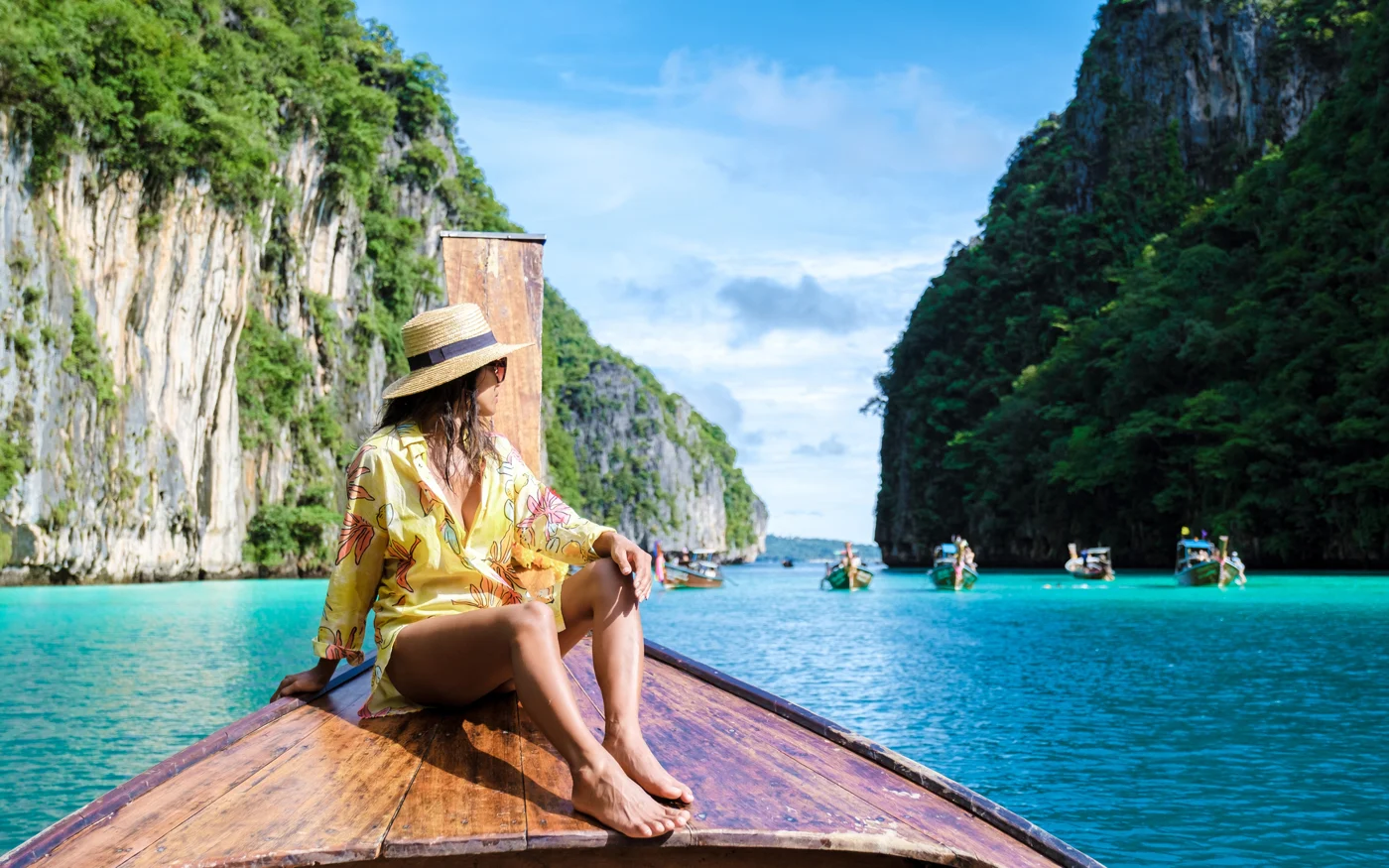



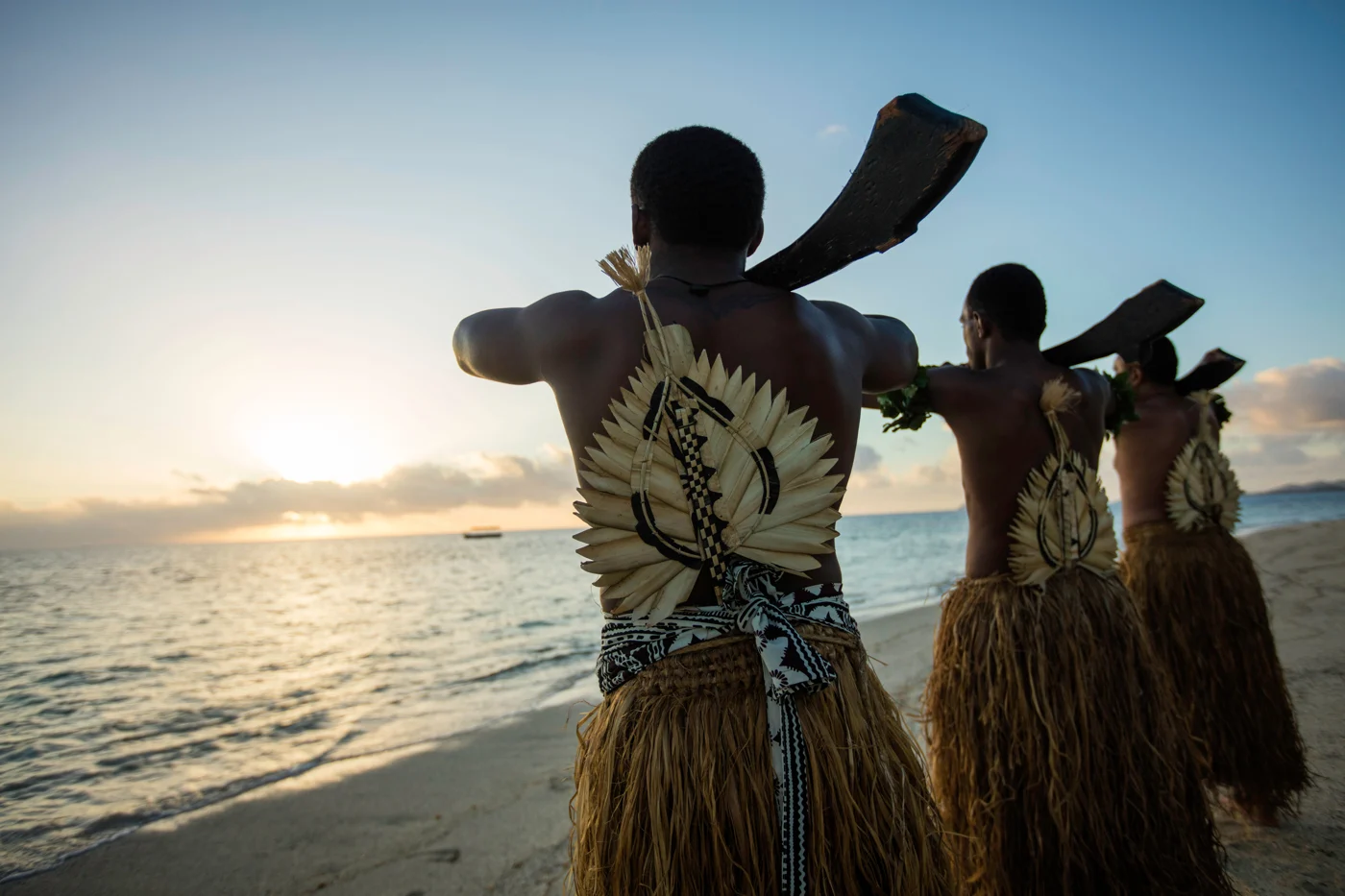


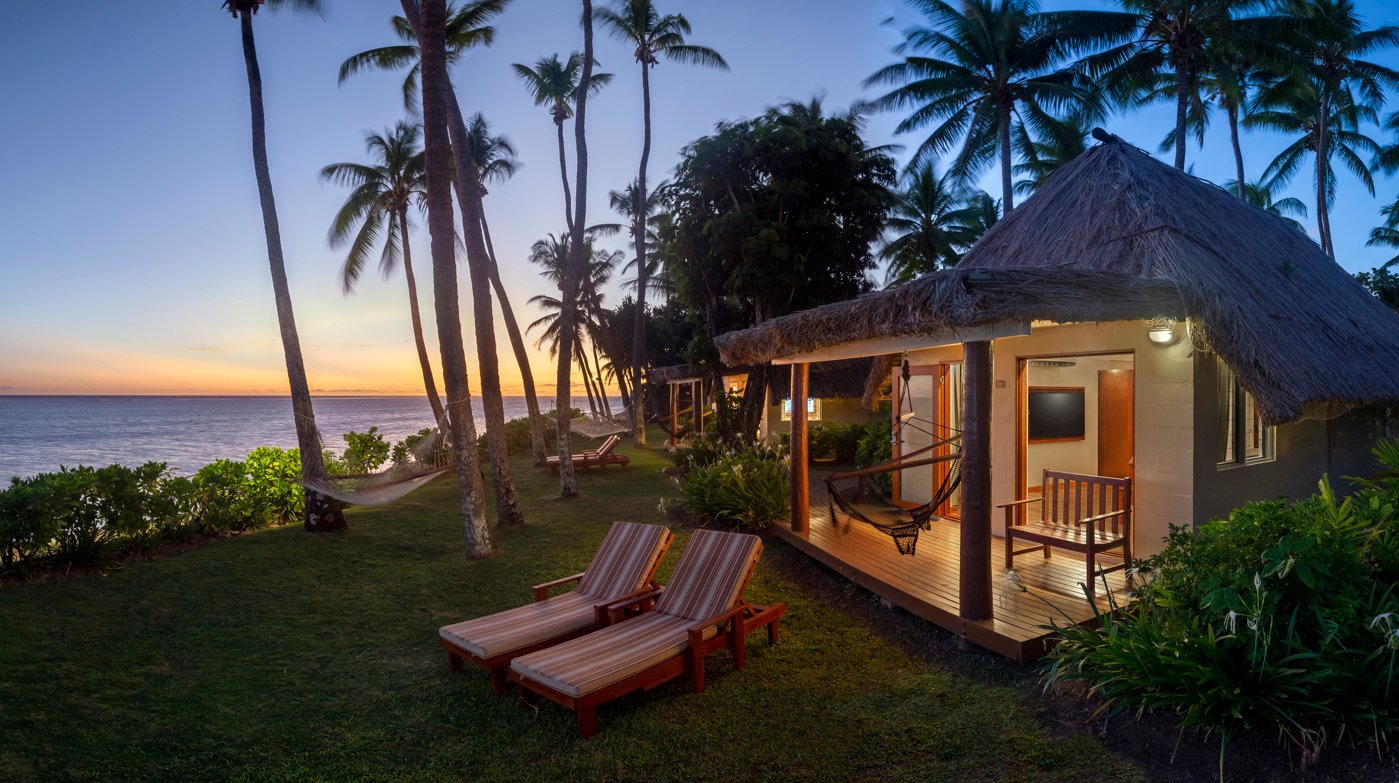

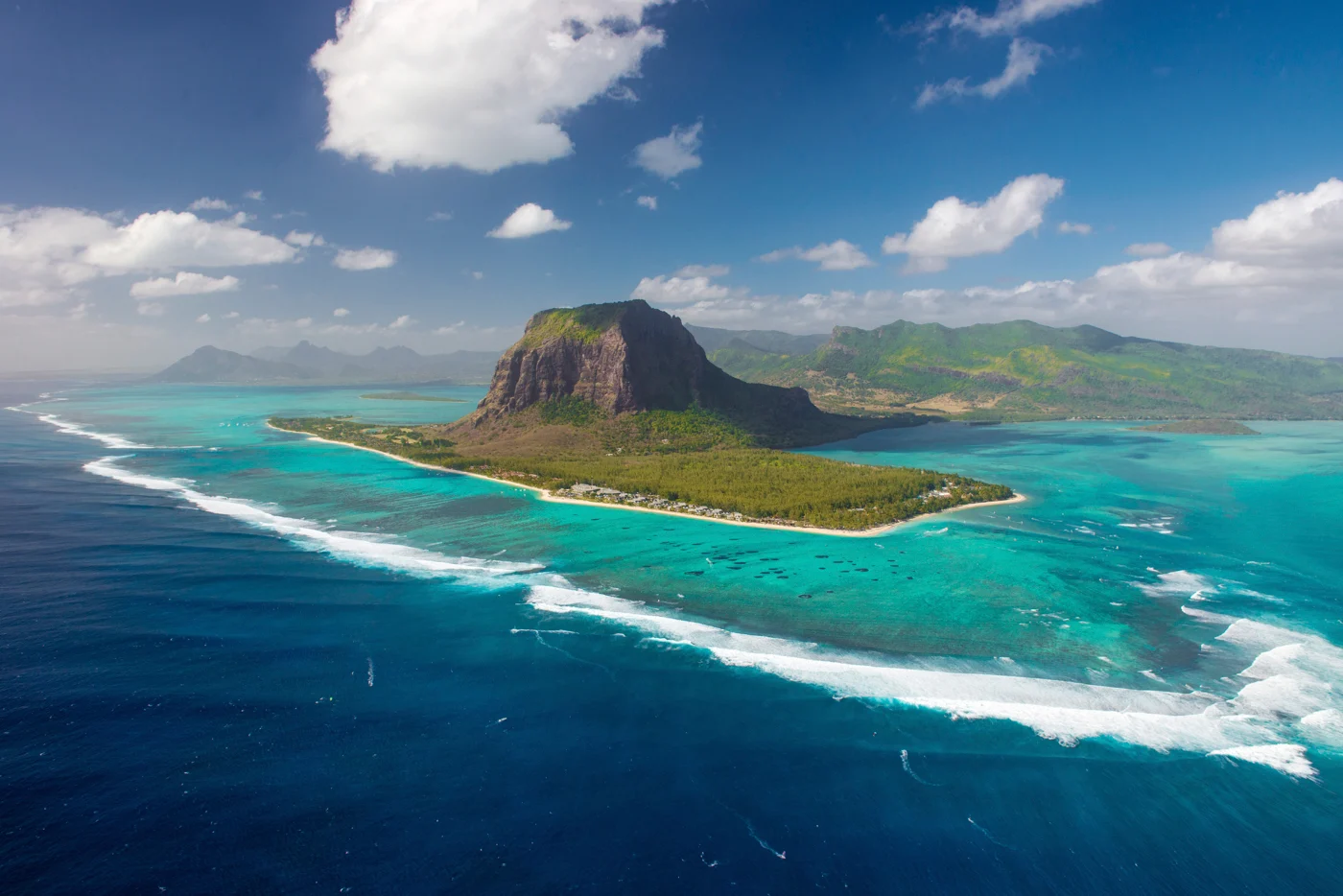






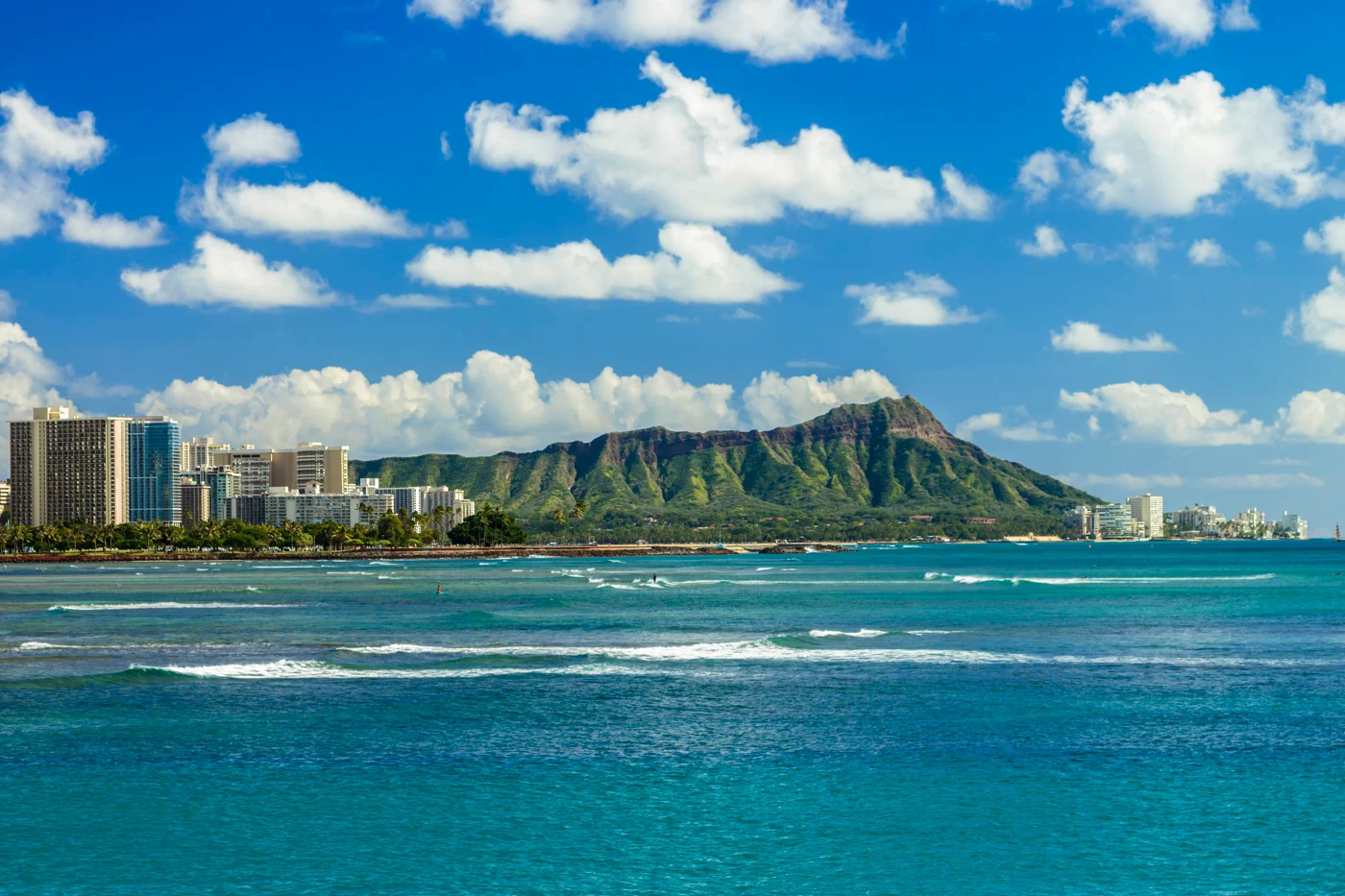
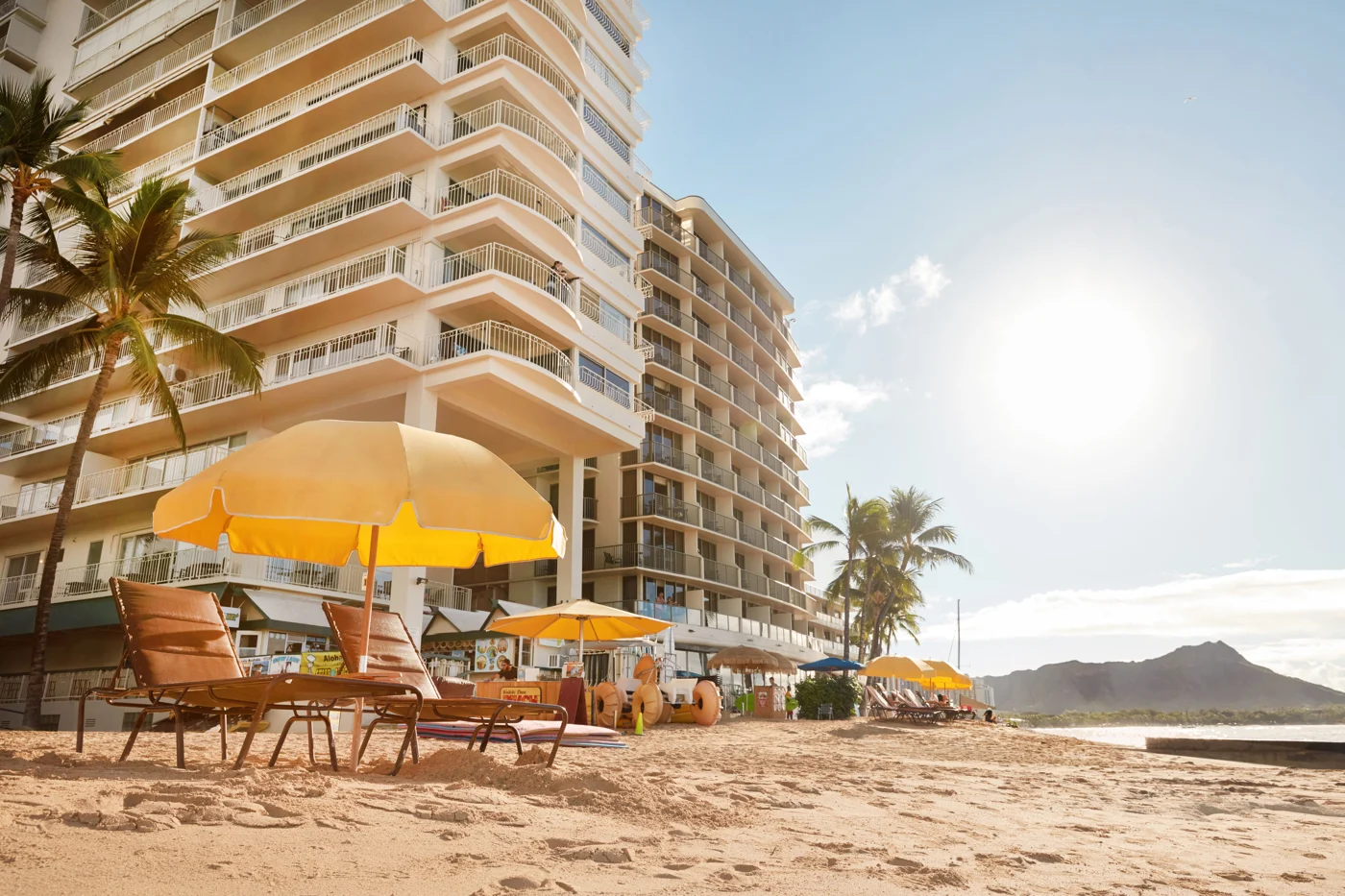


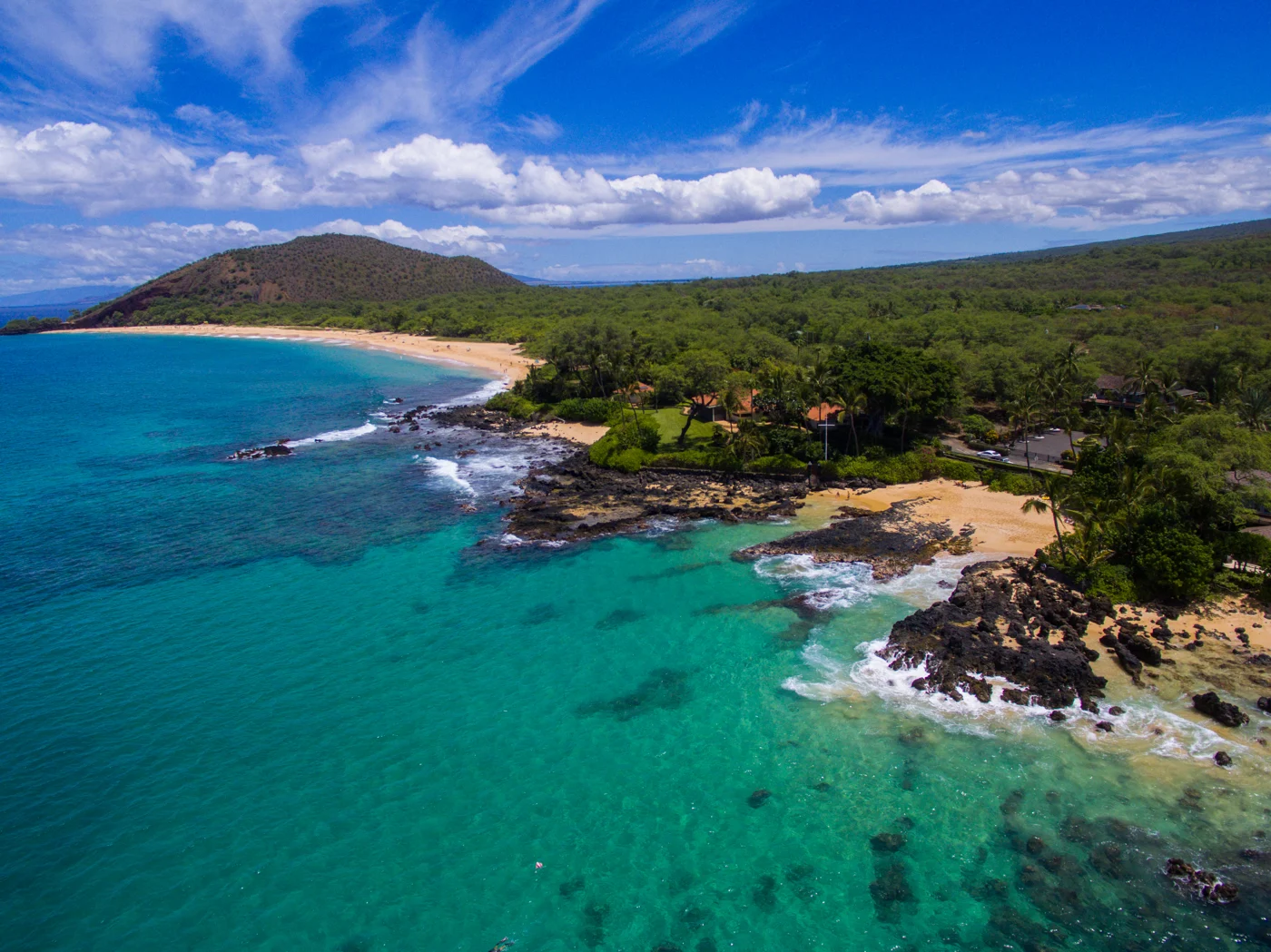

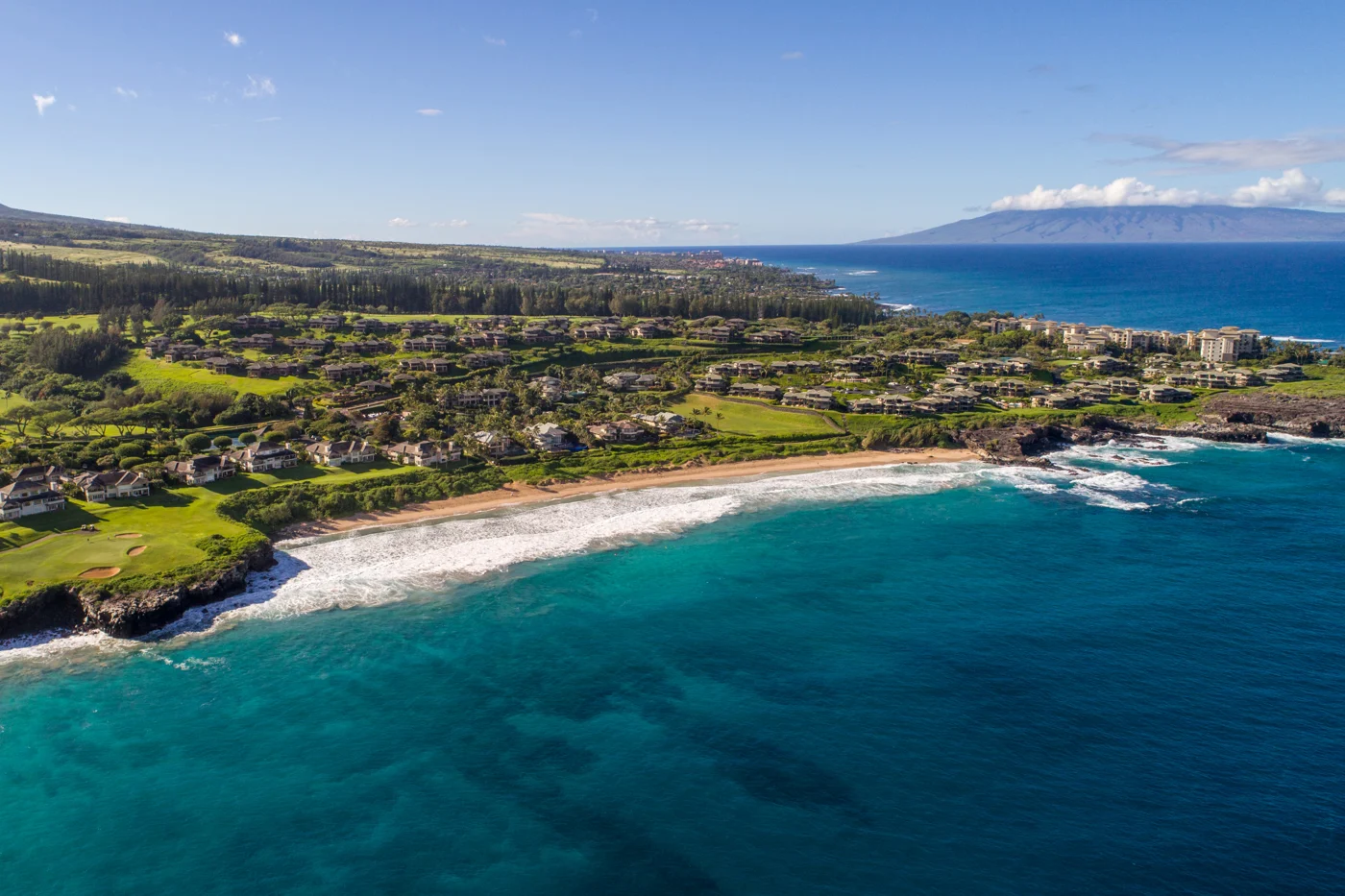
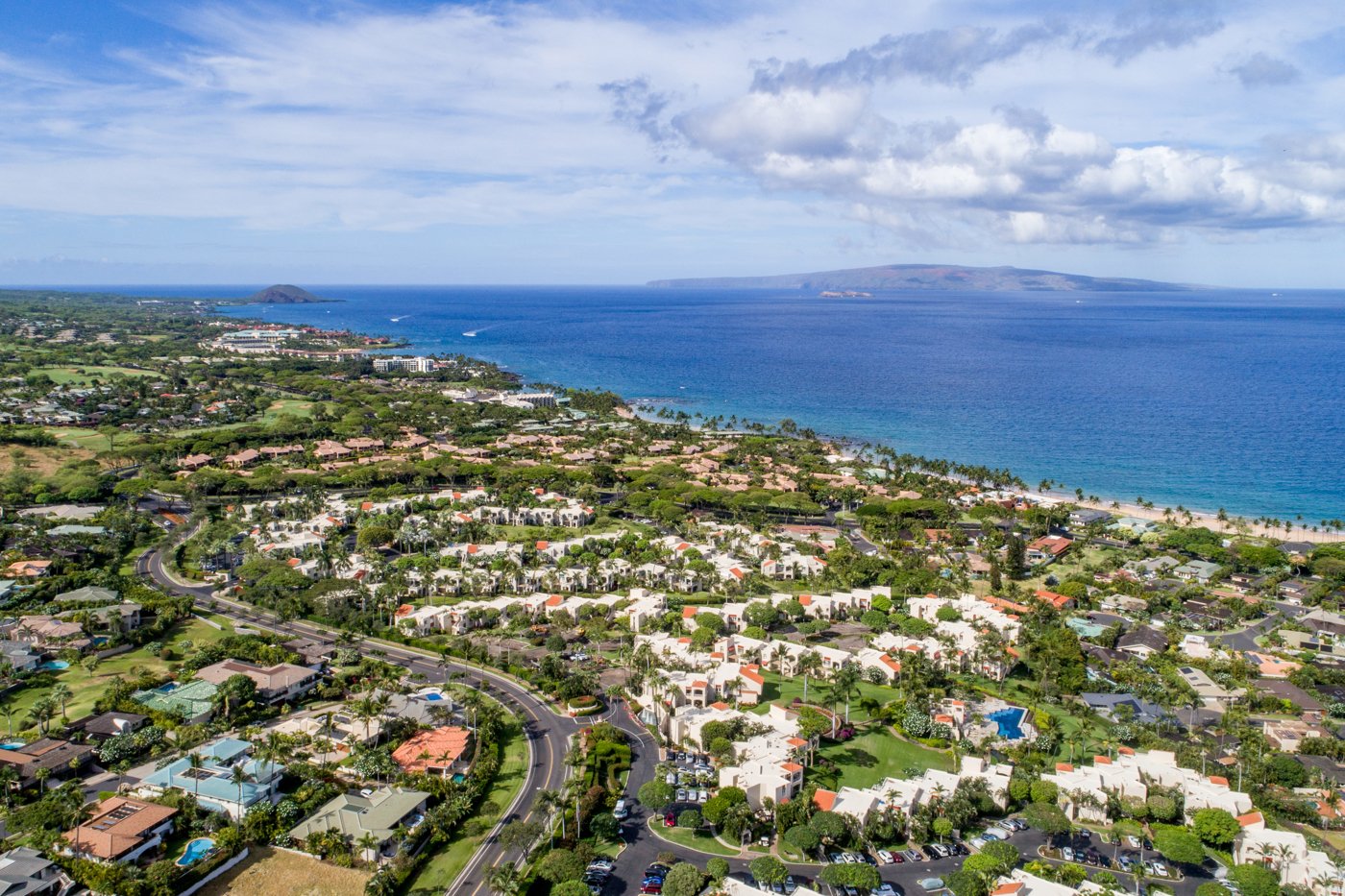
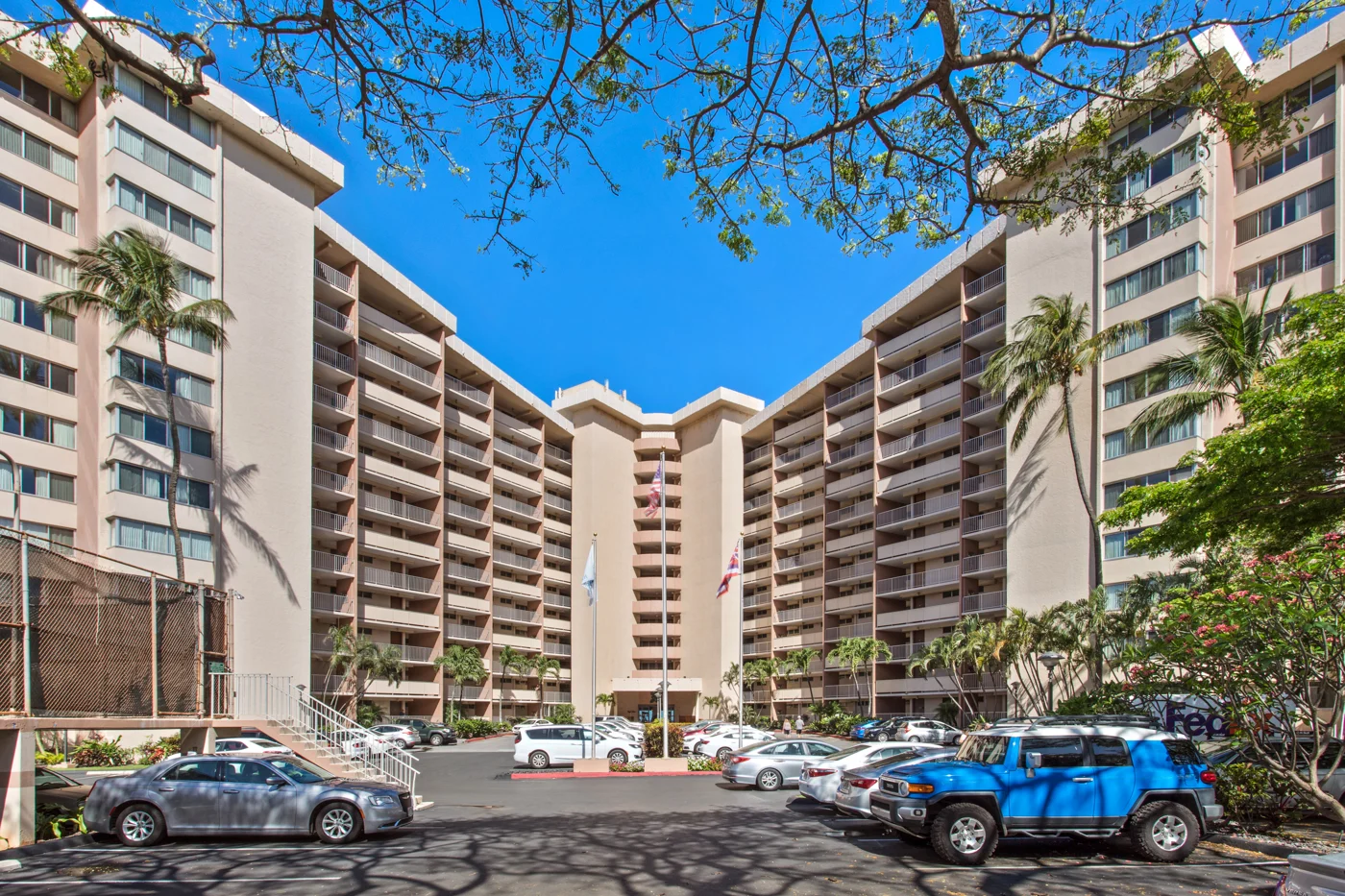
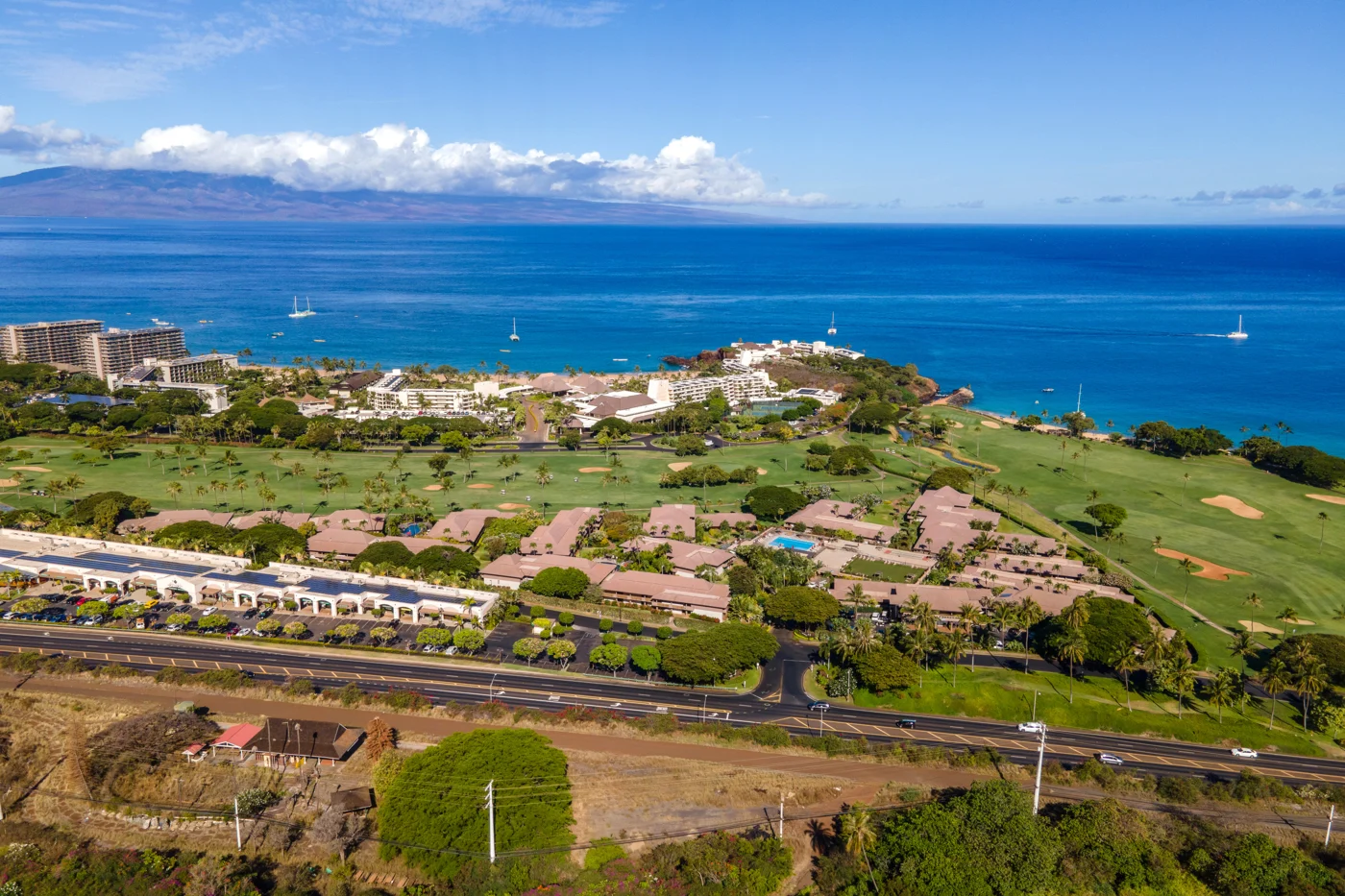
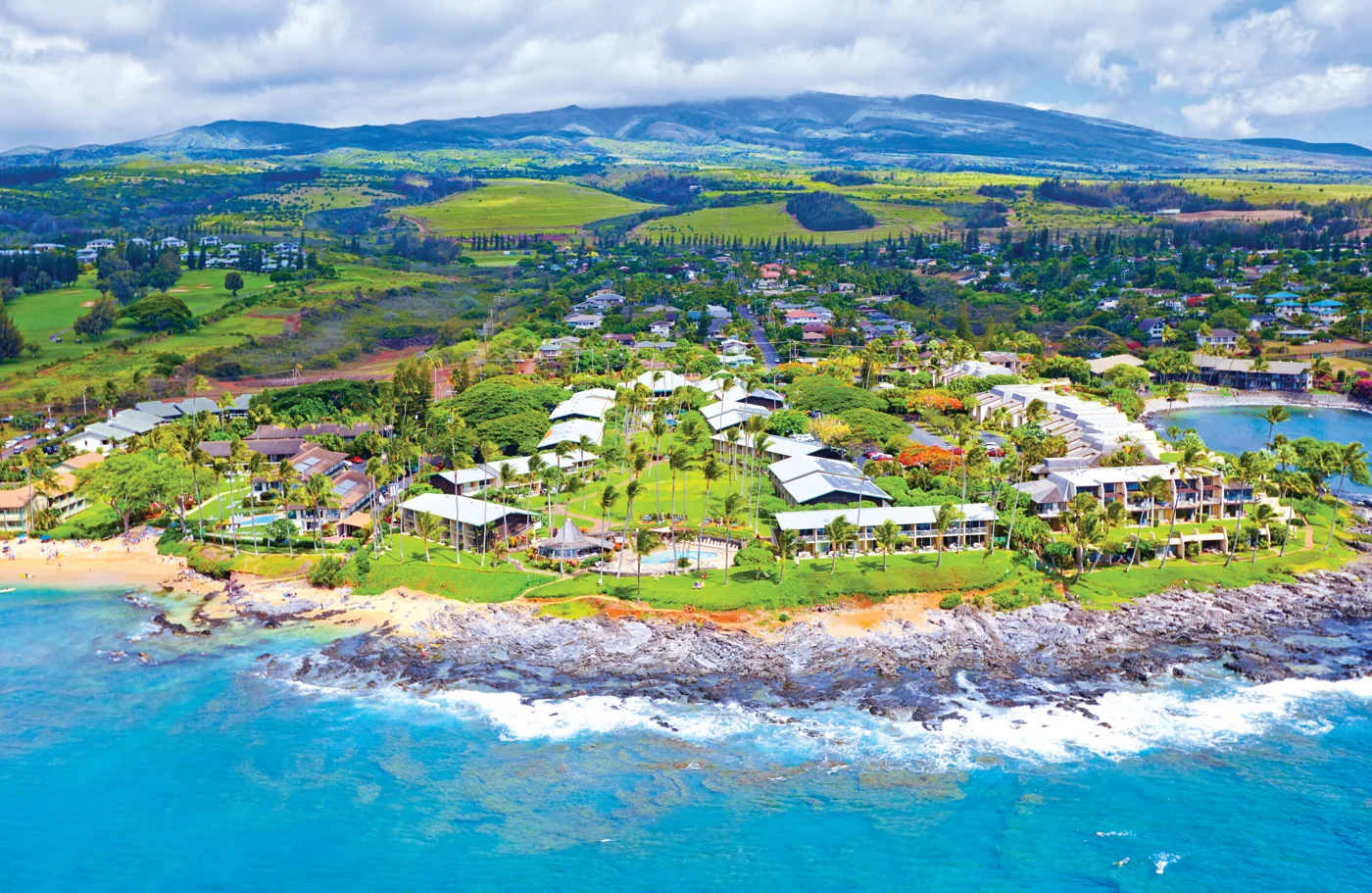
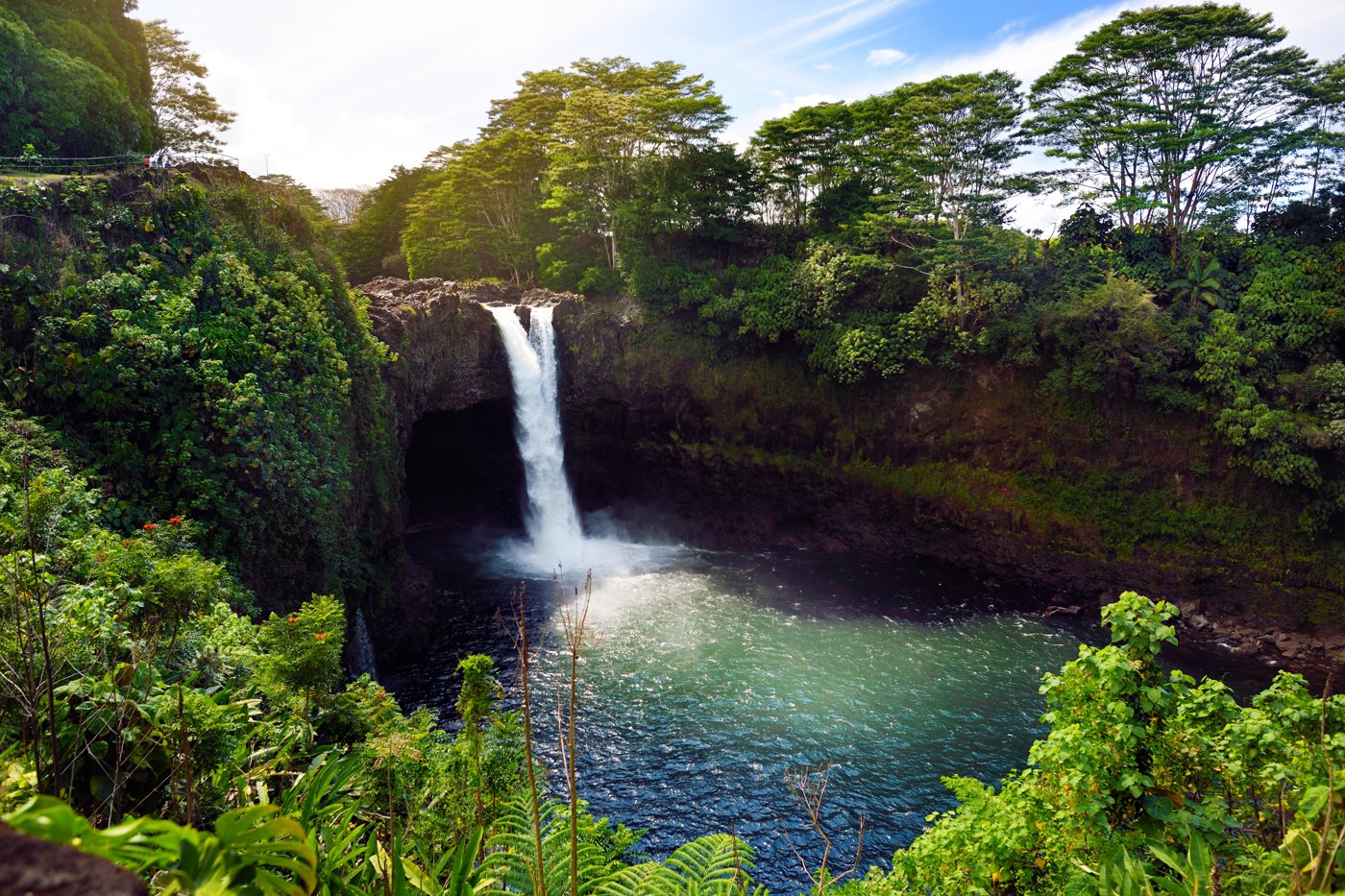
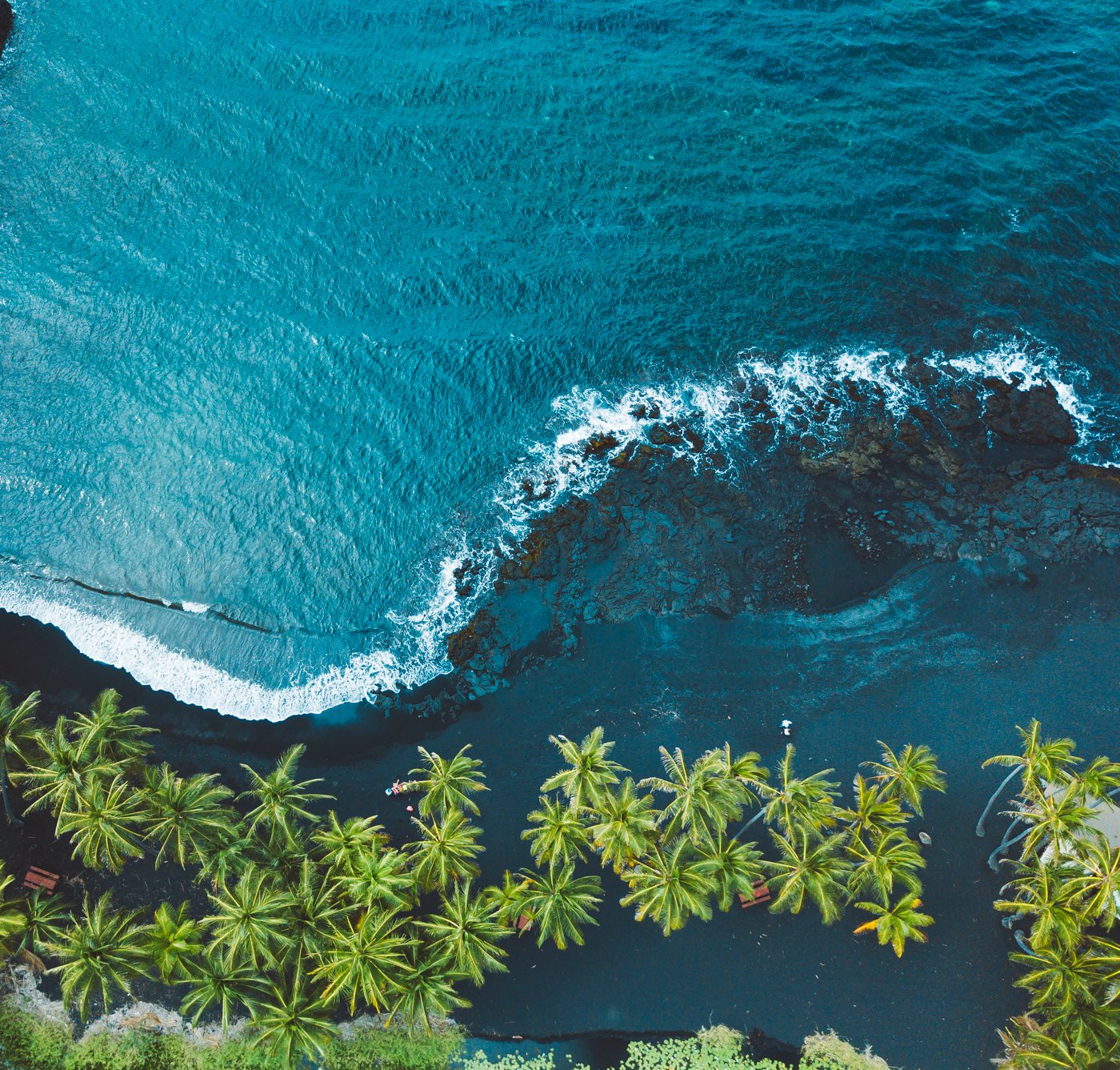
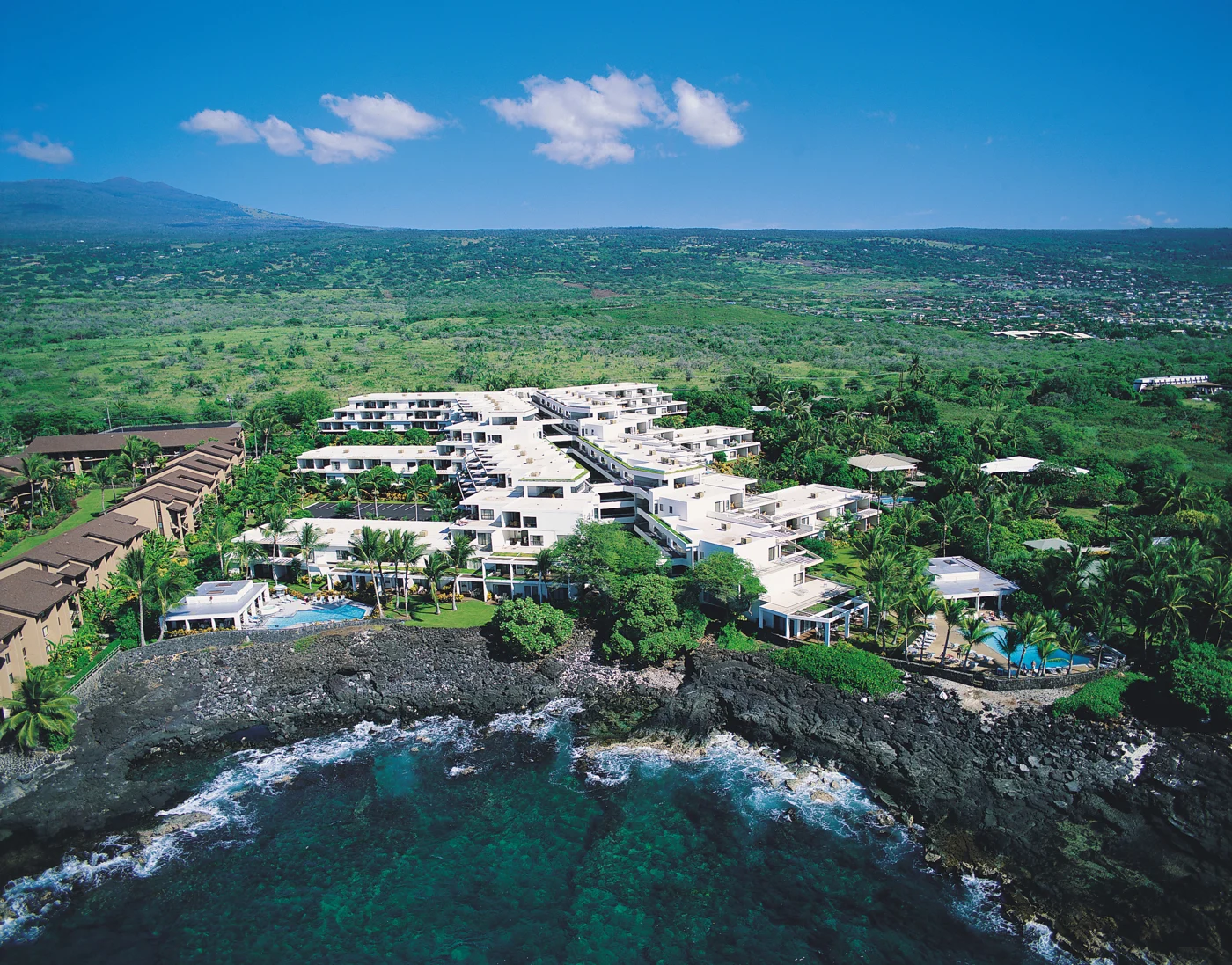
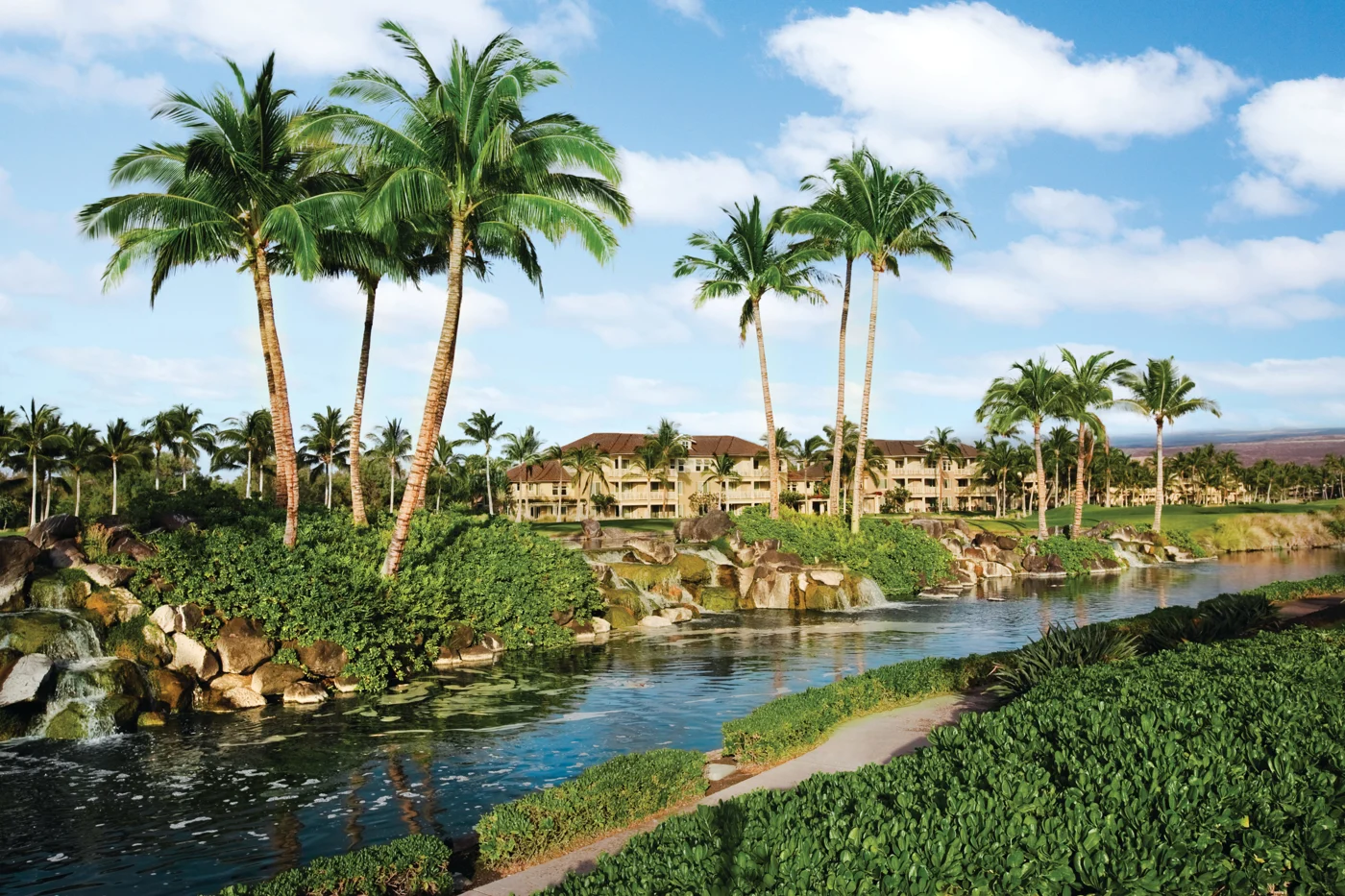


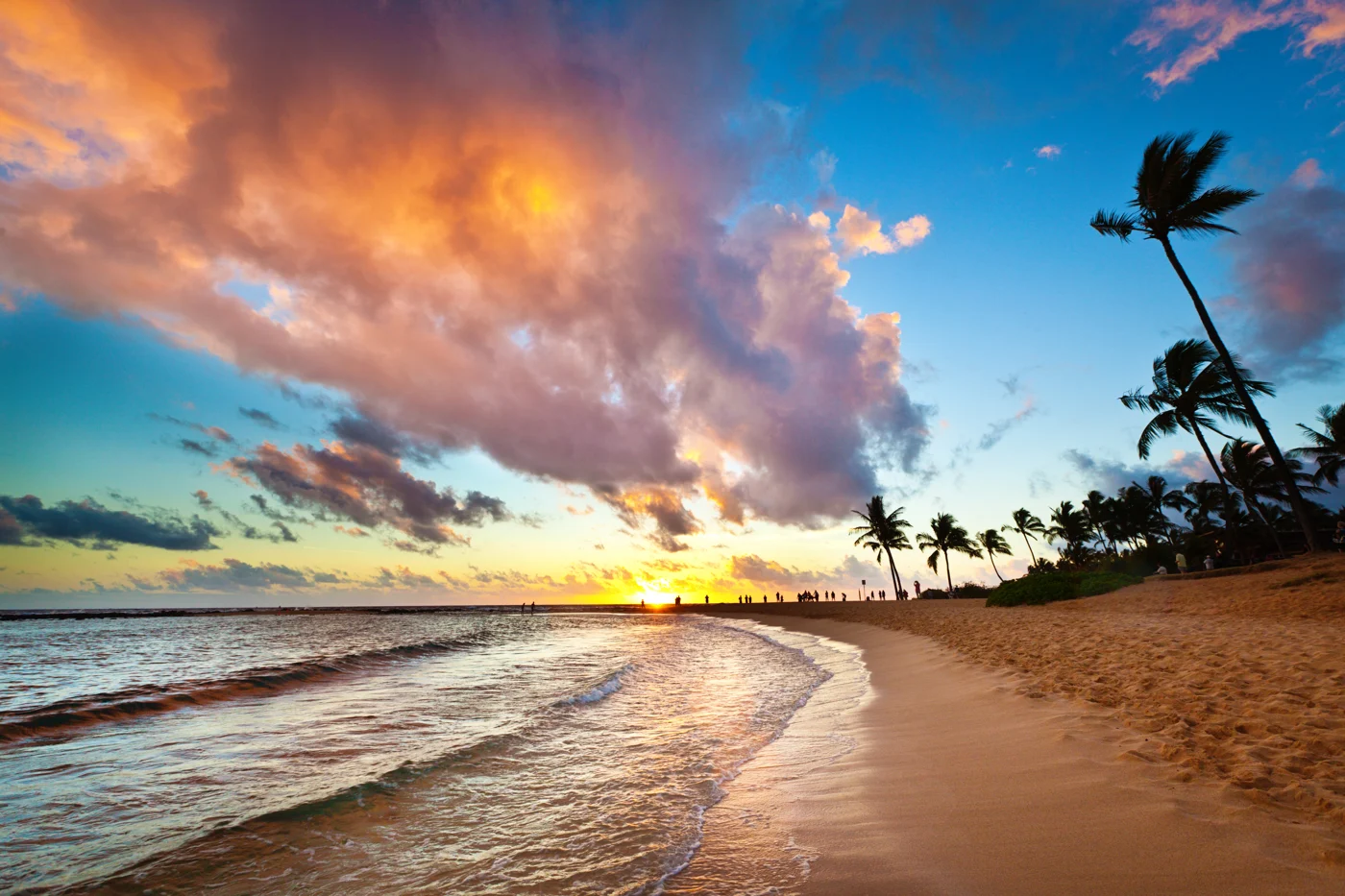





Rooms up to 25% off!
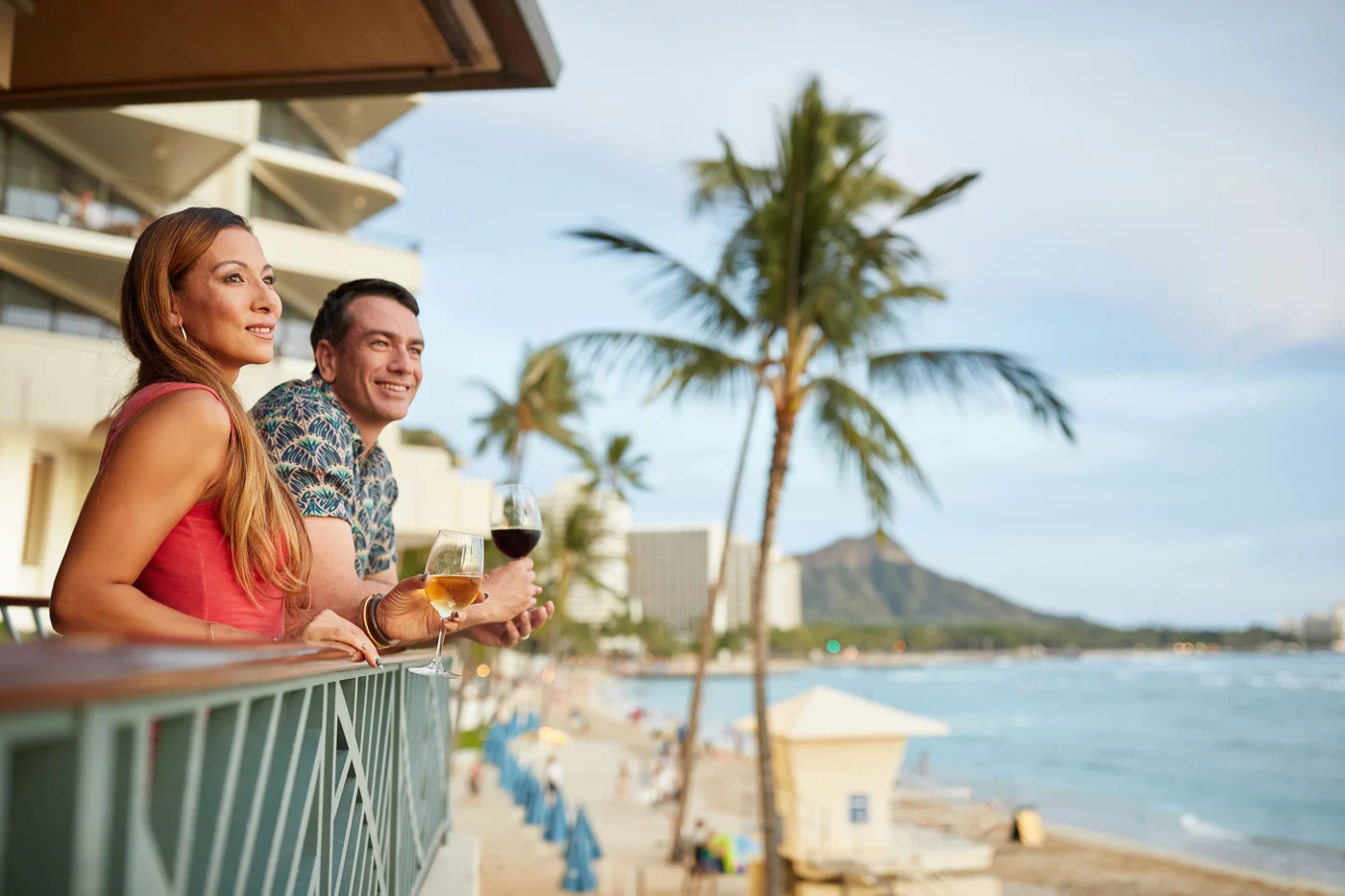

Loyalty member offers

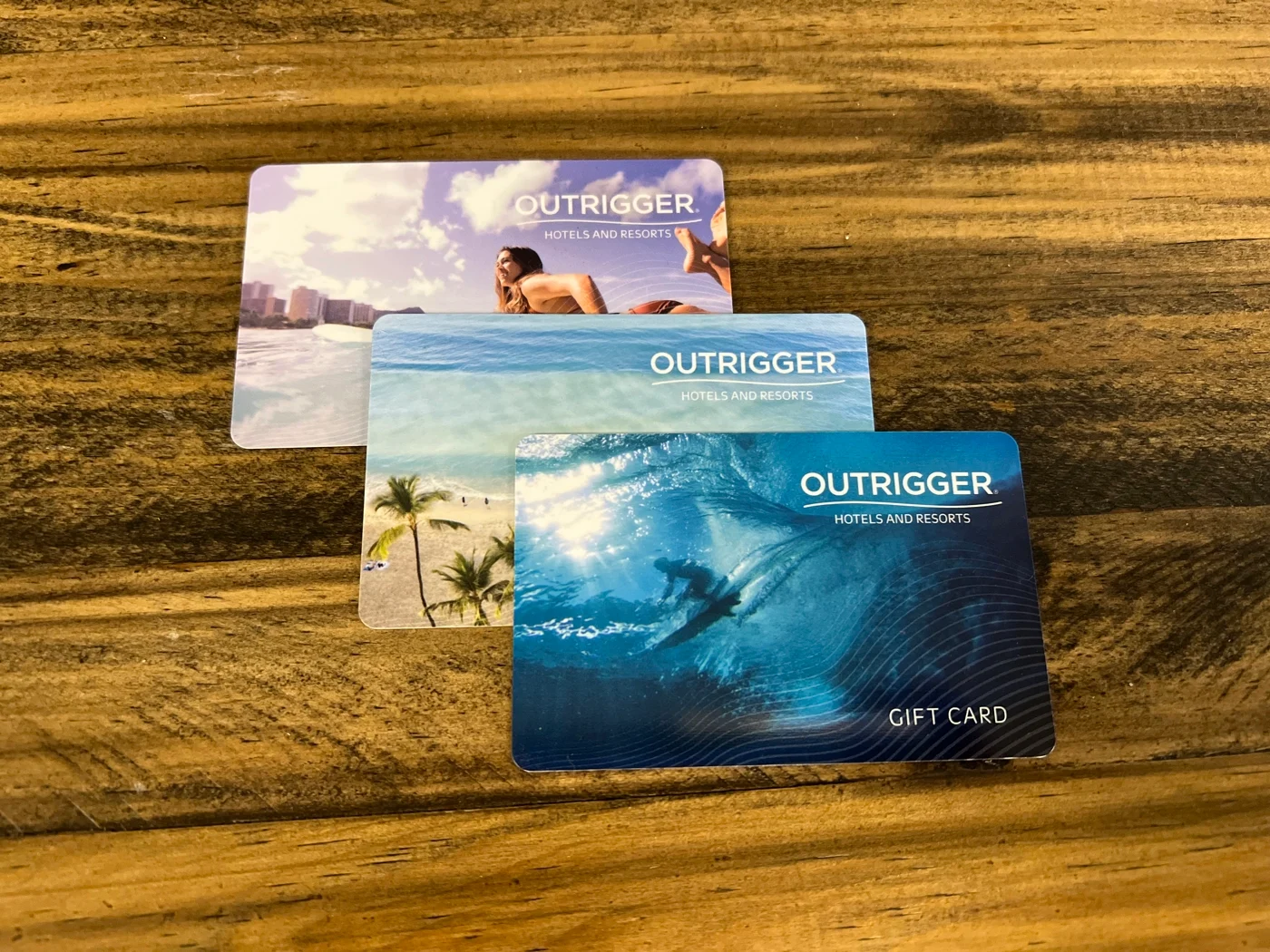
Gift Cards
Rewarding OUTRIGGER DISCOVERY benefits
- Enjoy exclusive member-only room rates and carefully curated experiences and local offers
- Earn DISCOVERY Dollars (D$) to spend towards your stay, or however you like!
- Use your benefits at more than 800+ resorts and hotels around the world
- Elite tier members earn more D$ and get perks like room upgrades and early check-in
- Free and easy to join!

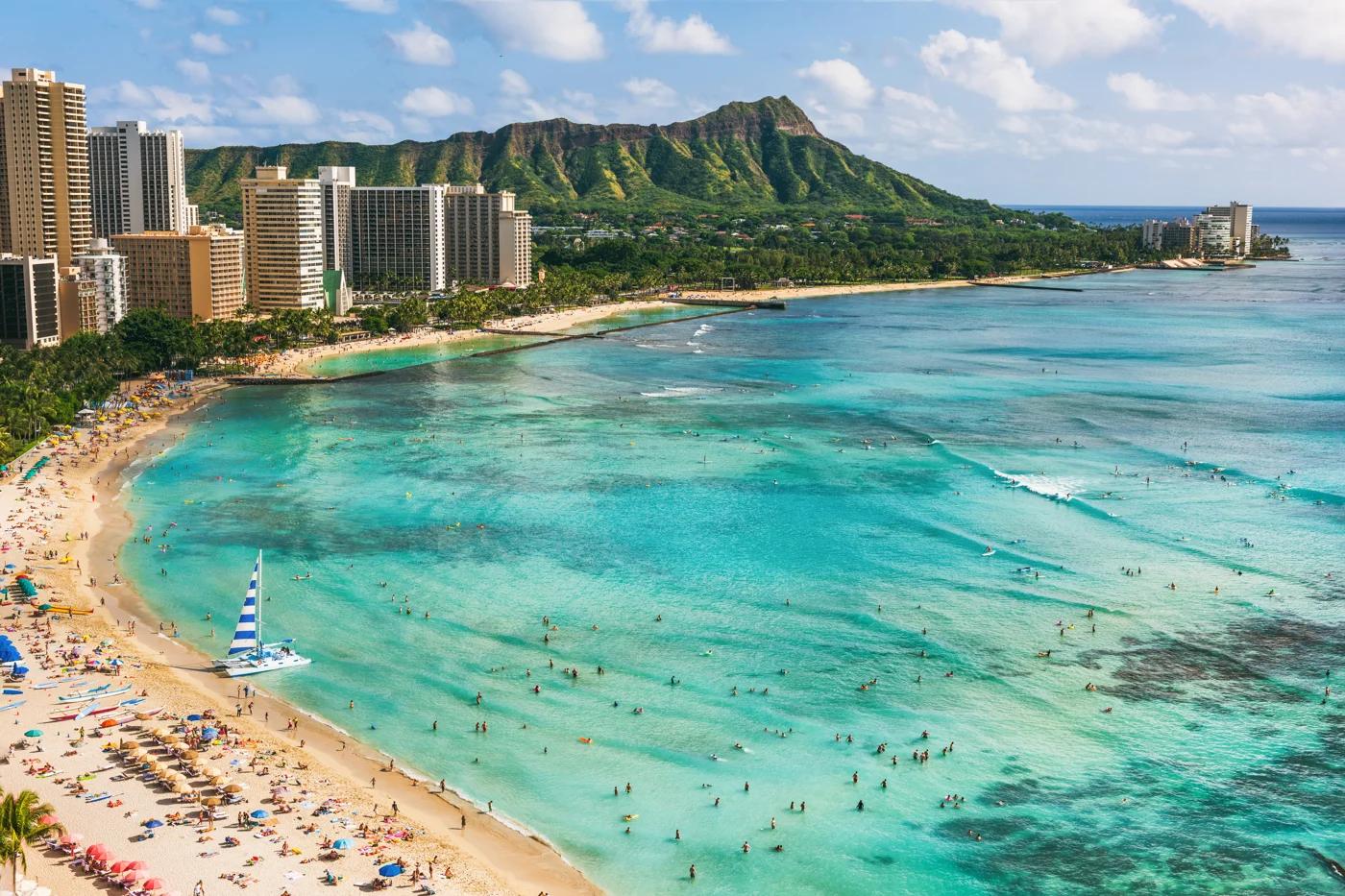


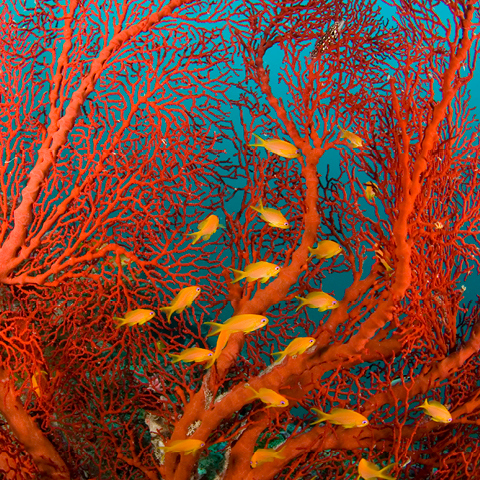
In the OZONE
Colorful clams can be spotted near the shoreline. The shark population is resurging. The coral is coming back to life. Thanks to the conservation efforts of employees—and guests—at the Outrigger Fiji Beach Resort, the marine life in the surrounding waters is again thriving. And it’s due in part to a coral propagation program that aims to restore the depleting reef surrounding Castaway Island. “We have seen a marked increase in fish numbers in the lagoon,” says Kini Sarai, the resort’s activities manager. “And it is creating a lot of interest with the iTaukei Land Trust Board and the University of the South Pacific who are sending people through to see what we are doing.”
Established in 2014, “OZONE”—as in the Outrigger Zone—is a global conservation program that aims to protect and grow coral reefs in oceans surrounding Outrigger resorts in the Hawaiian Islands, Fiji, Thailand and Mauritius.
It is estimated that more than 60 percent of the world’s coral reefs are under immediate threat from climate change, unsustainable fishing practices and land-based pollution. It’s a serious global concern among scientists and conservationists who have documented that our reefs are suffering from natural and anthropocentric threats. A recent United Nations-backed study found that “annual severe bleaching” will impact 99 percent of the world’s reefs within the century if humans do not take swift action to curb greenhouse gas emissions.
It is indeed a pivotal time for coral reefs. Studies have shown that the last three years have seen the longest and most extensive coral die-off ever recorded. This impact from global climate change is predicted to worsen for at least the next two to three decades, threatening further destruction to reefs that are already suffering damage from overfishing and pollution.
“We are at a critical juncture for the future of the world’s coral reefs,” according to U.N. Environment Executive Director Erik Solheim. “These underwater ecosystems sustain a quarter of all marine life and gift more than half a billion people essential food and livelihoods, yet we have already allowed up to 50 percent of the world’s coral reefs to die.
“In terms of science, it’s not that complicated; we know what needs to be done,” asserts Paulo Maurin, Ph.D, national education coordinator and fellowship manager for NOAA’s Coral Reef Conservation Program. “I think it’s absolutely wonderful what Outrigger is doing. They have a tremendous reach with the visitor industry that we don’t have. It’s easy for NOAA to get the message to local residents, but we can’t reach the visitor, who is an important stakeholder in preserving our reefs.”
Want to learn more? Click here.